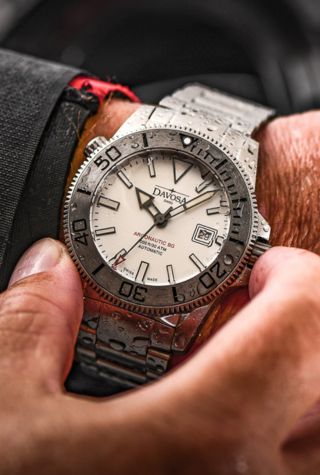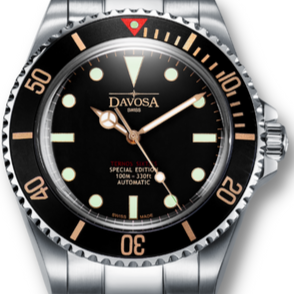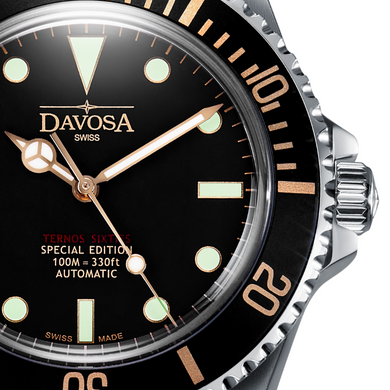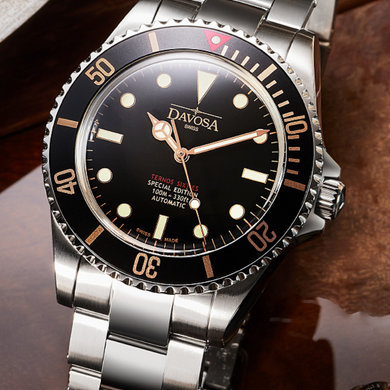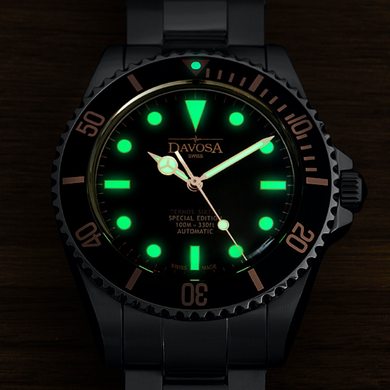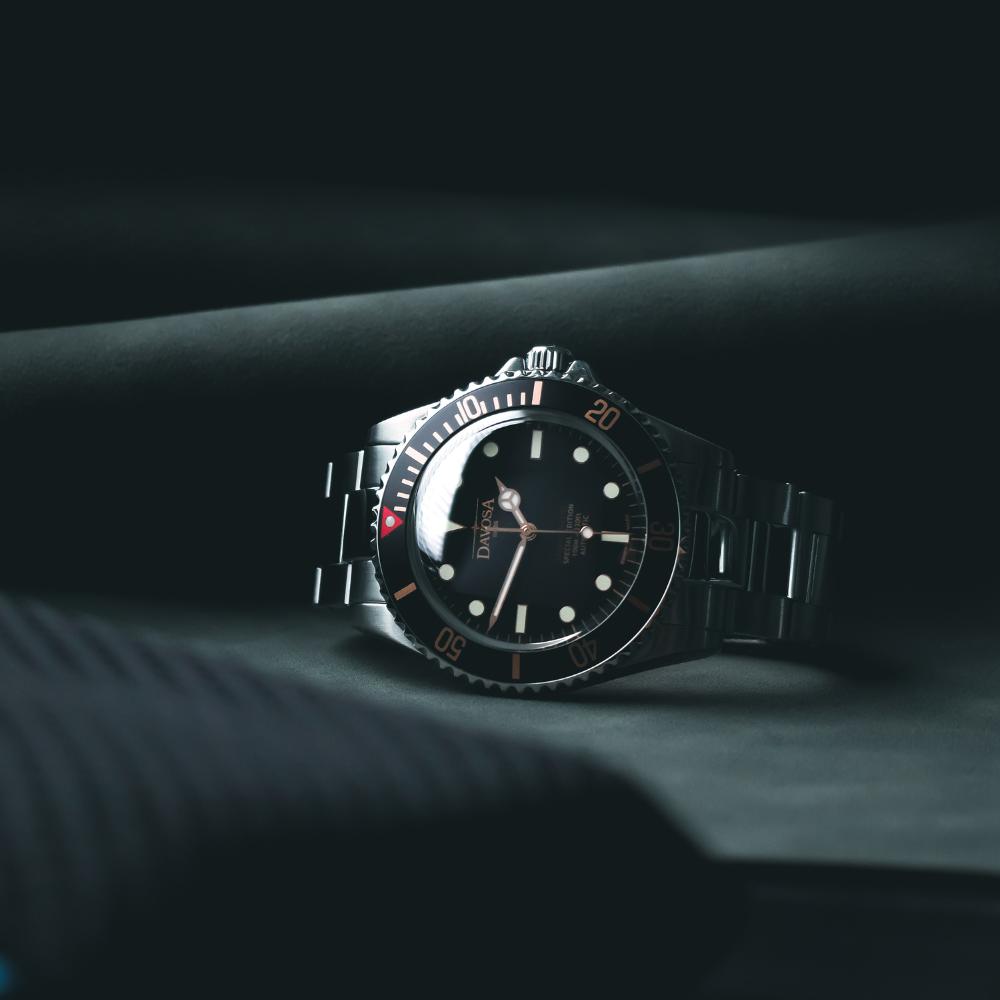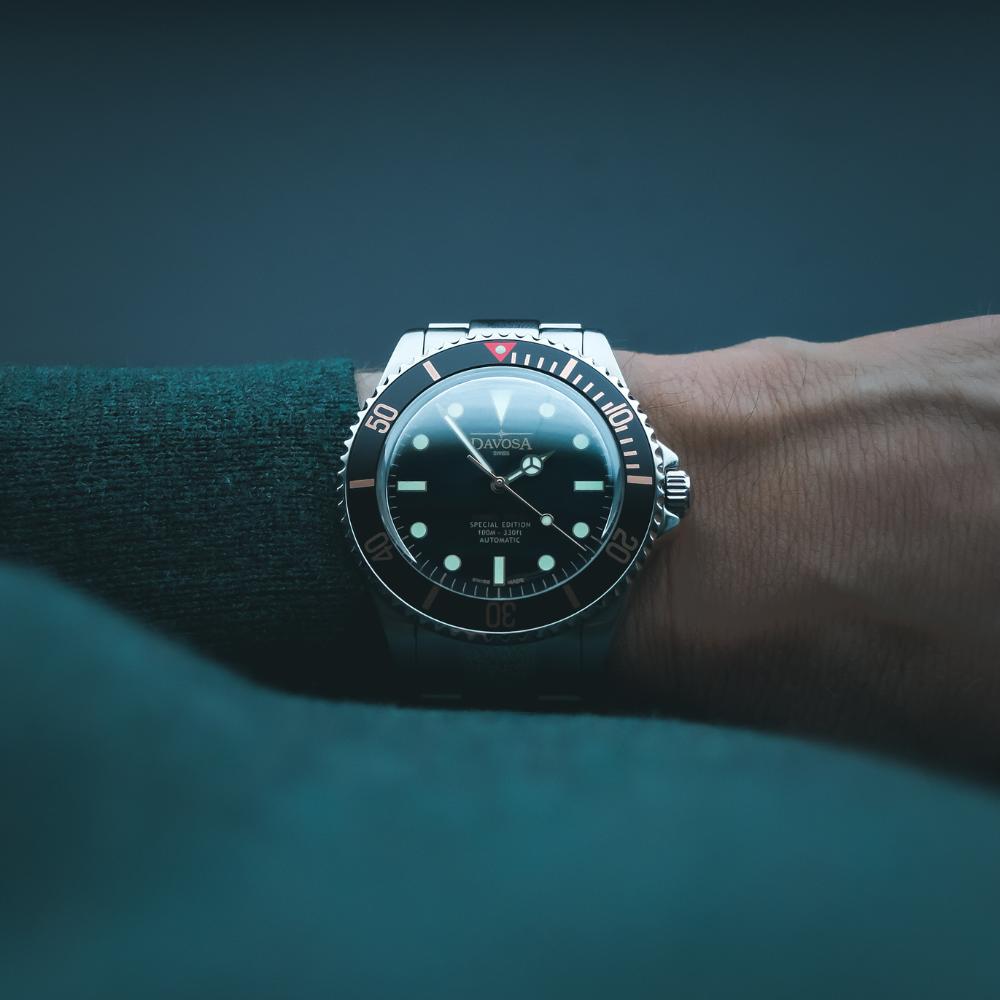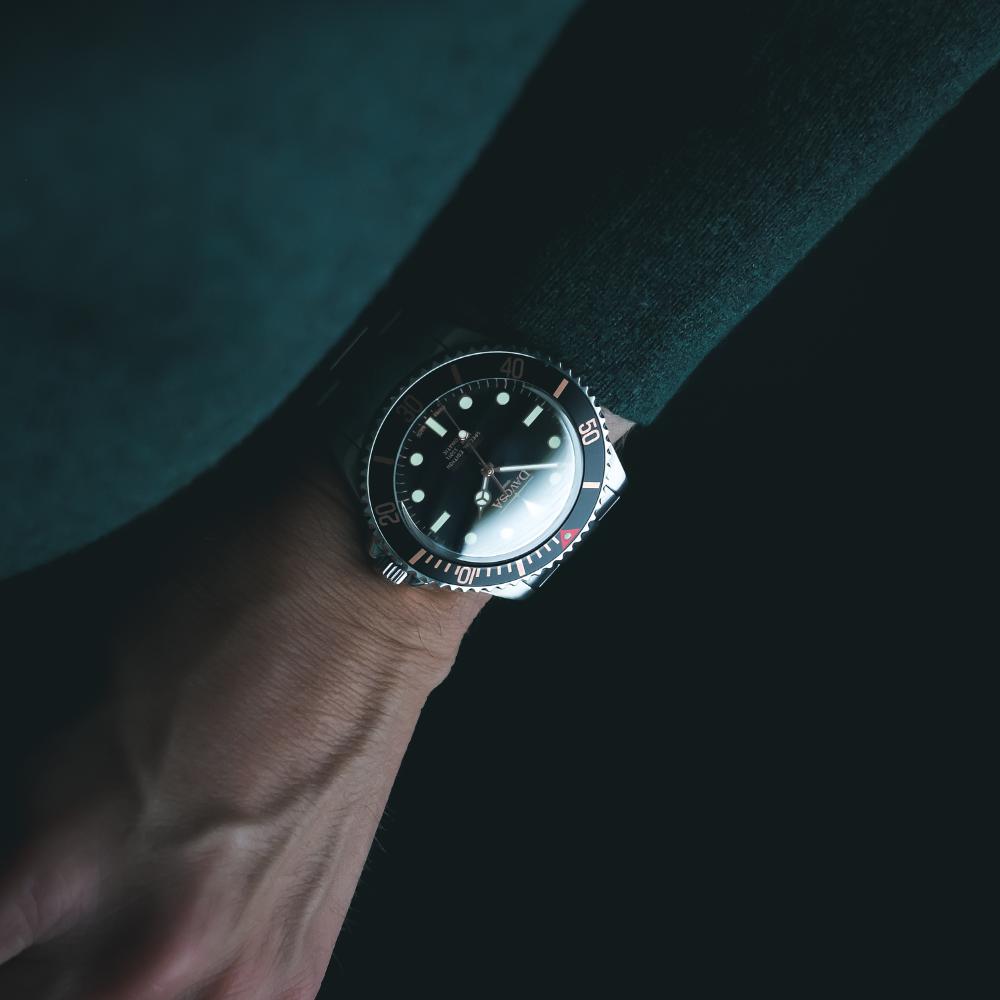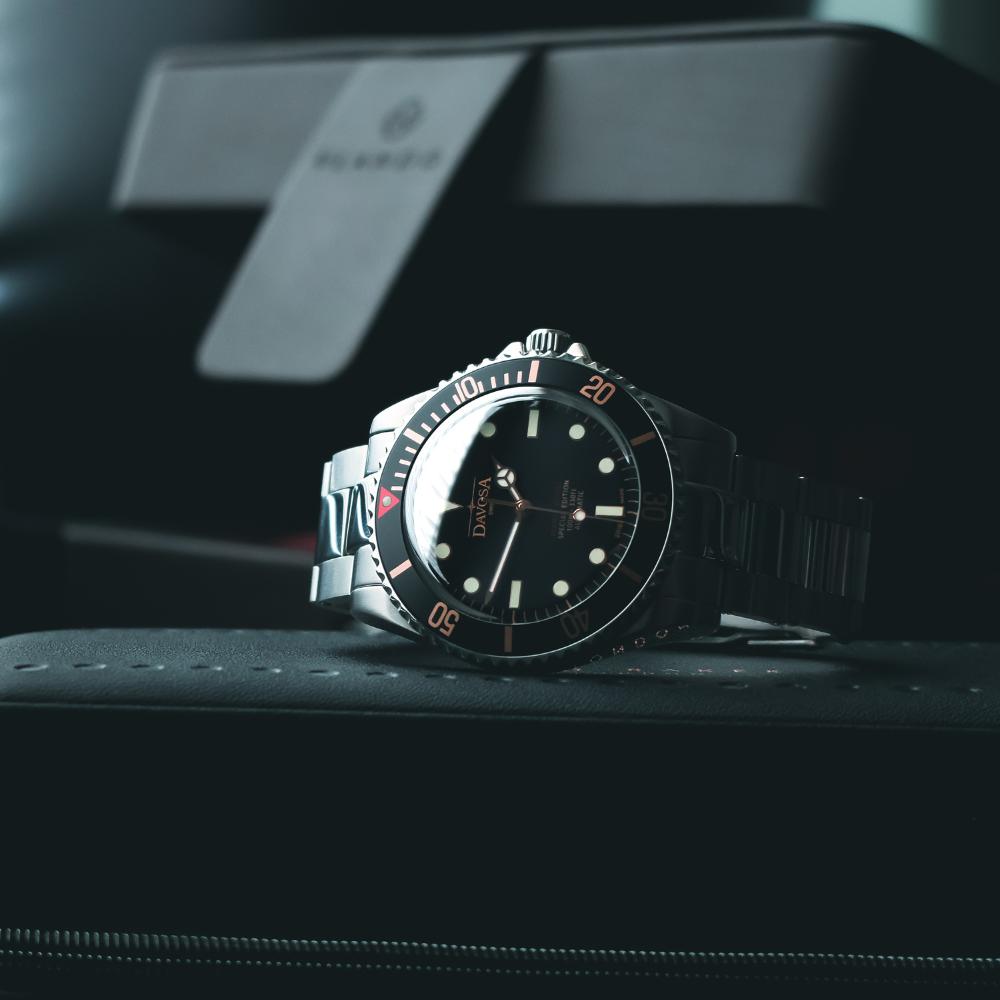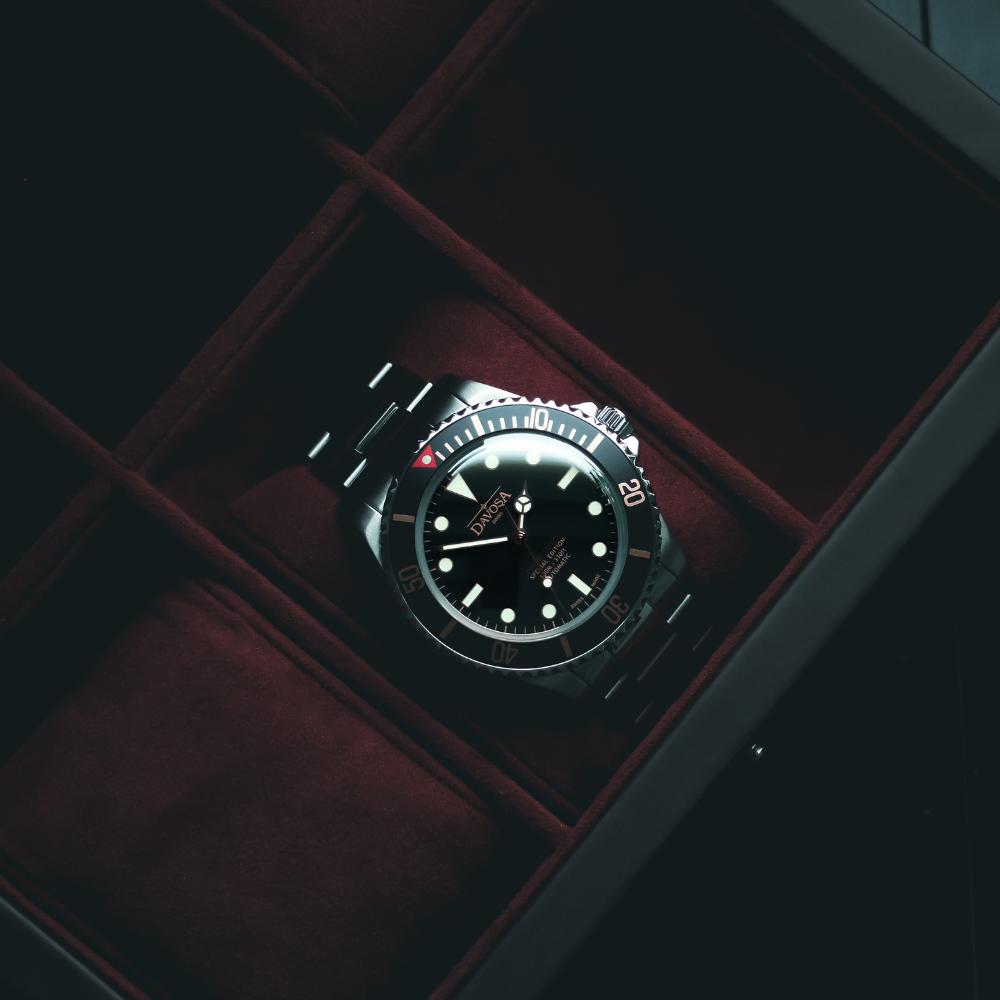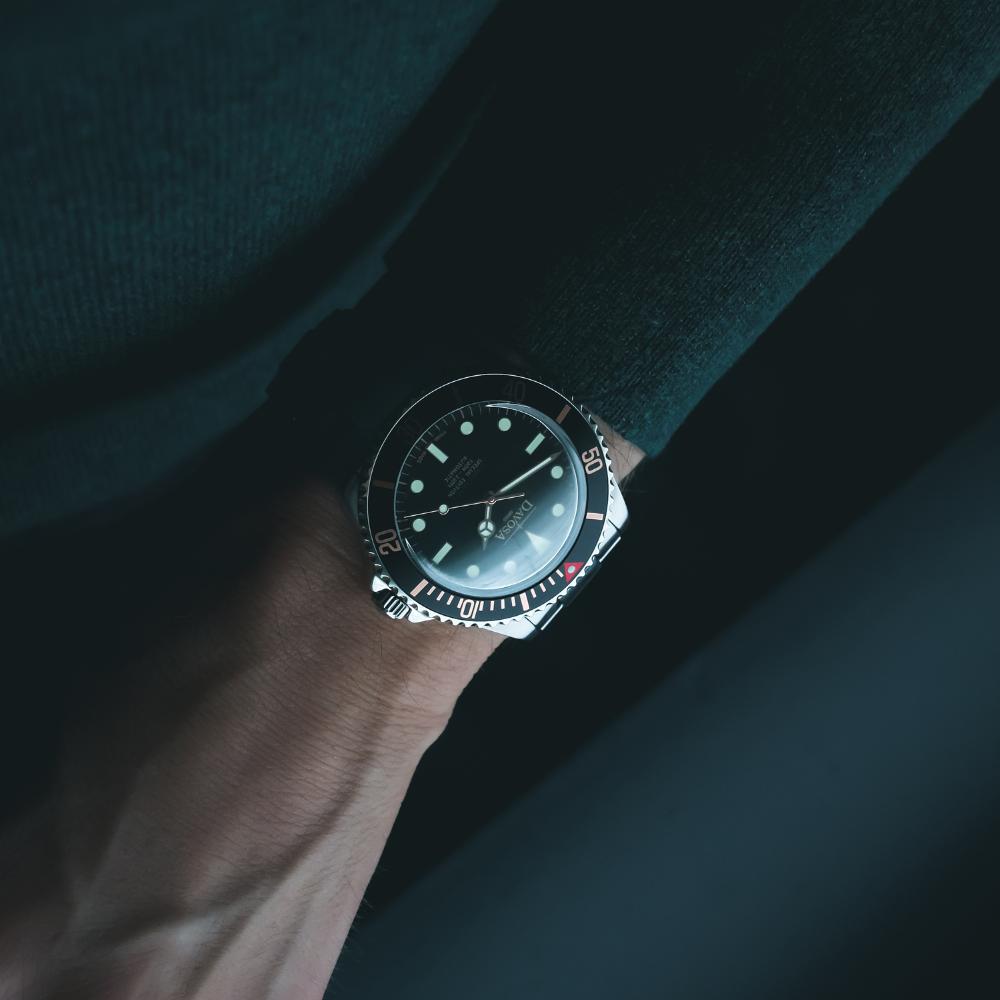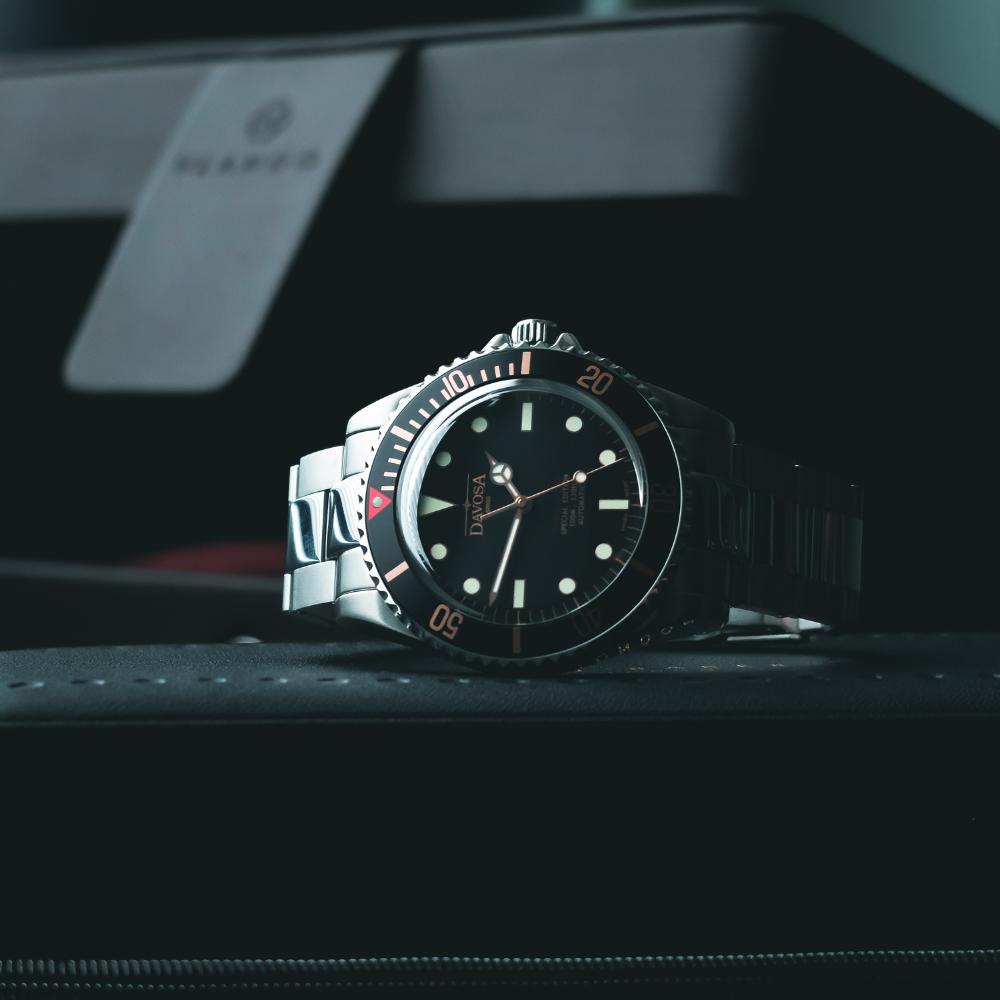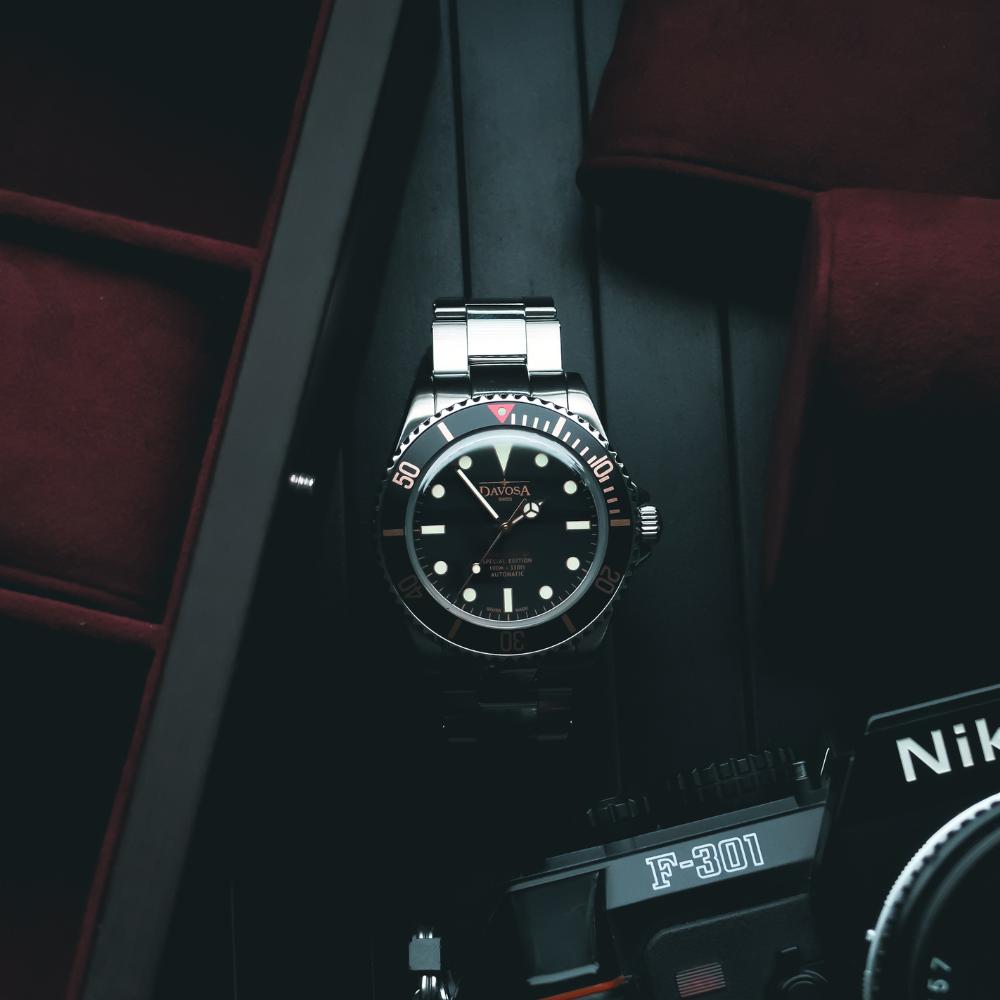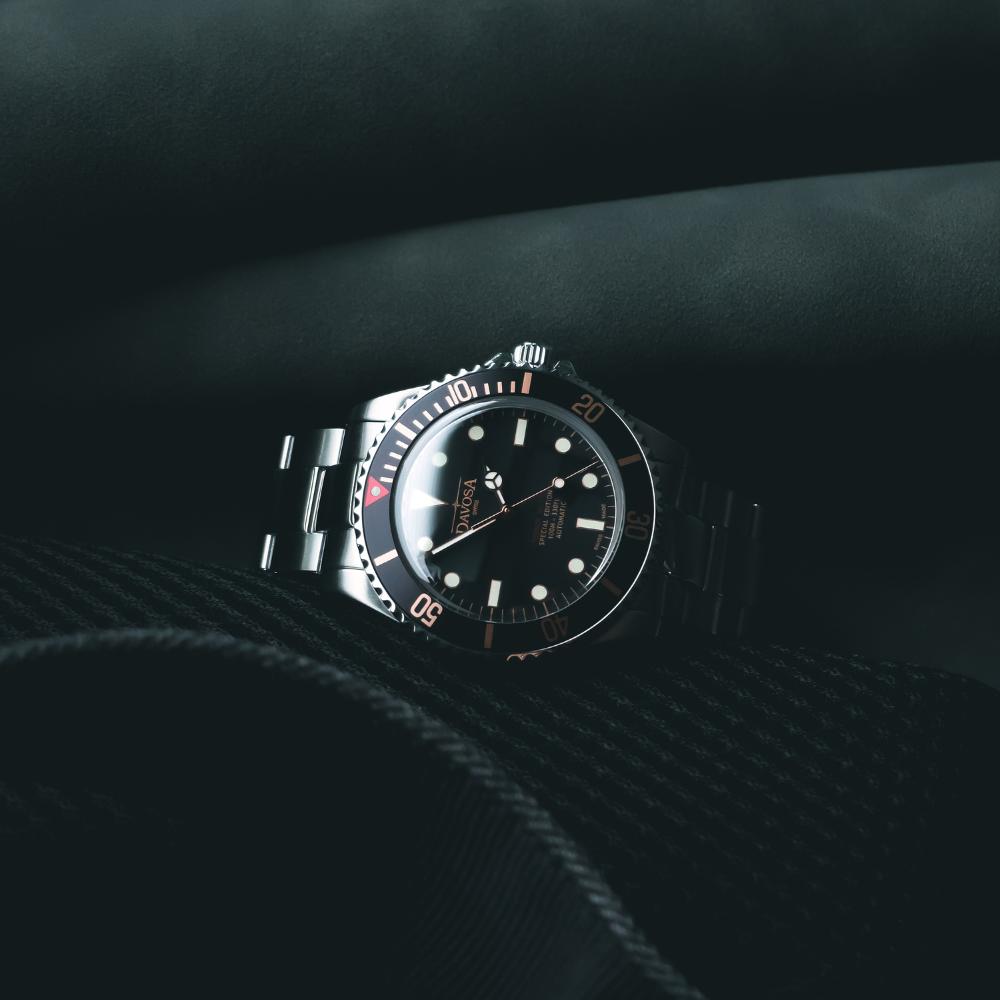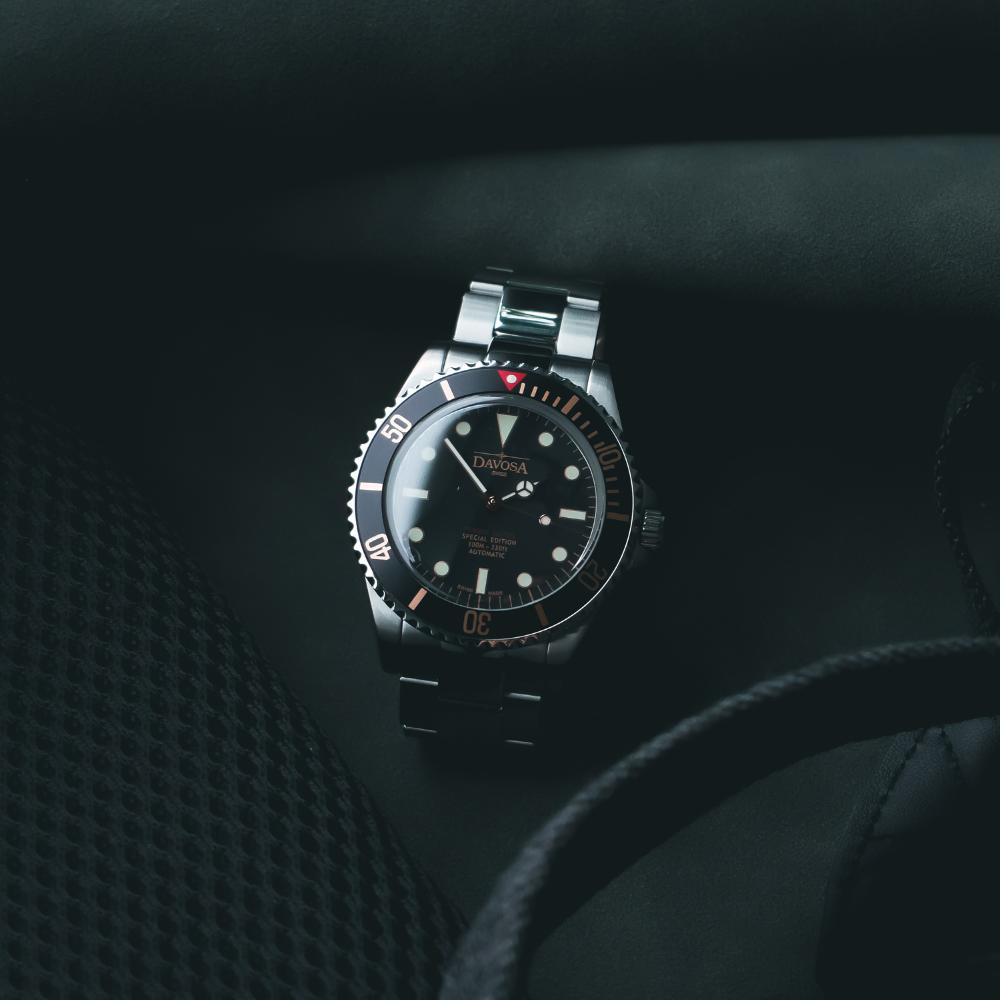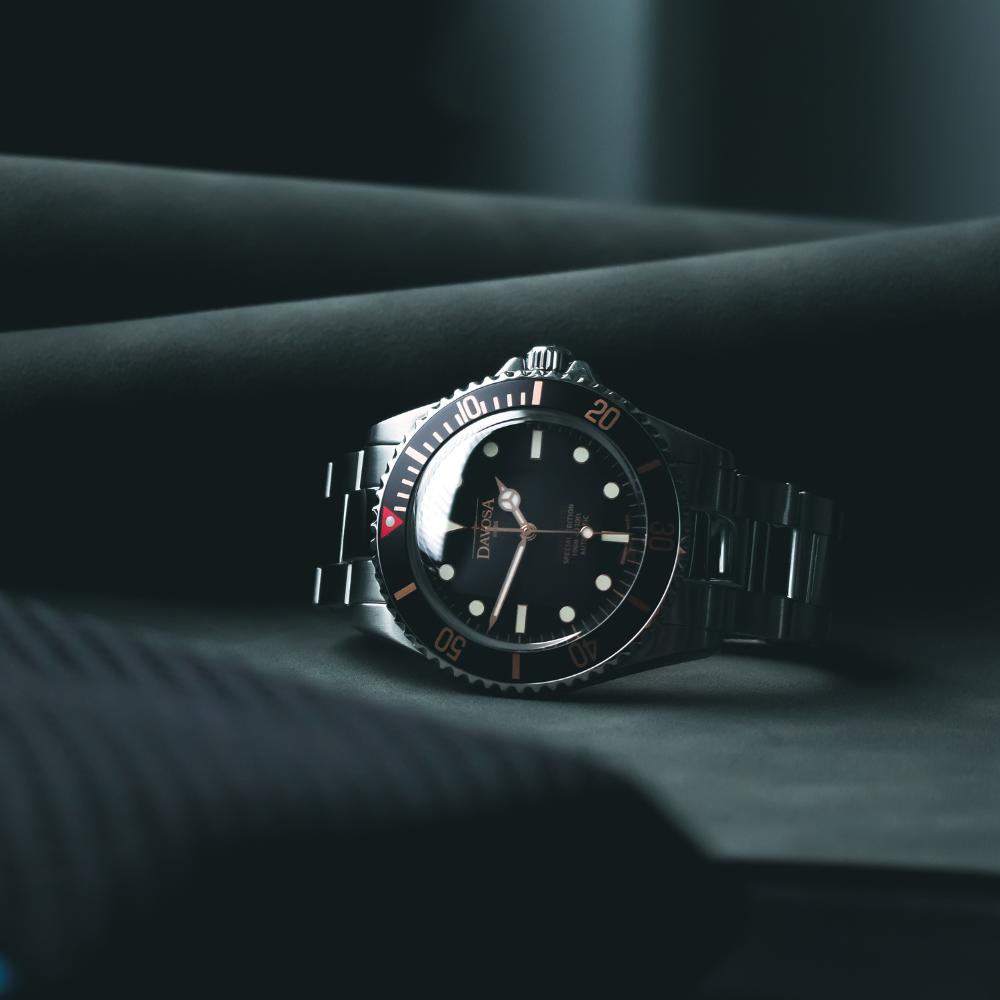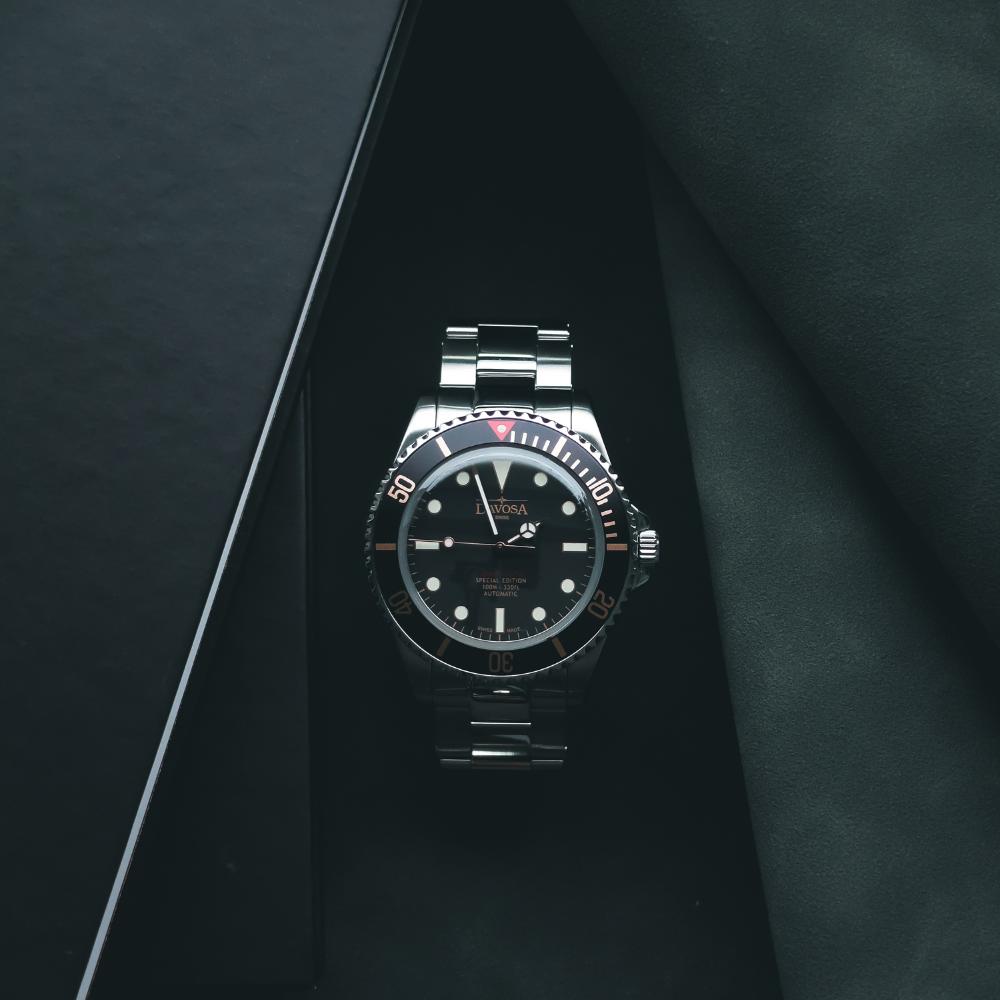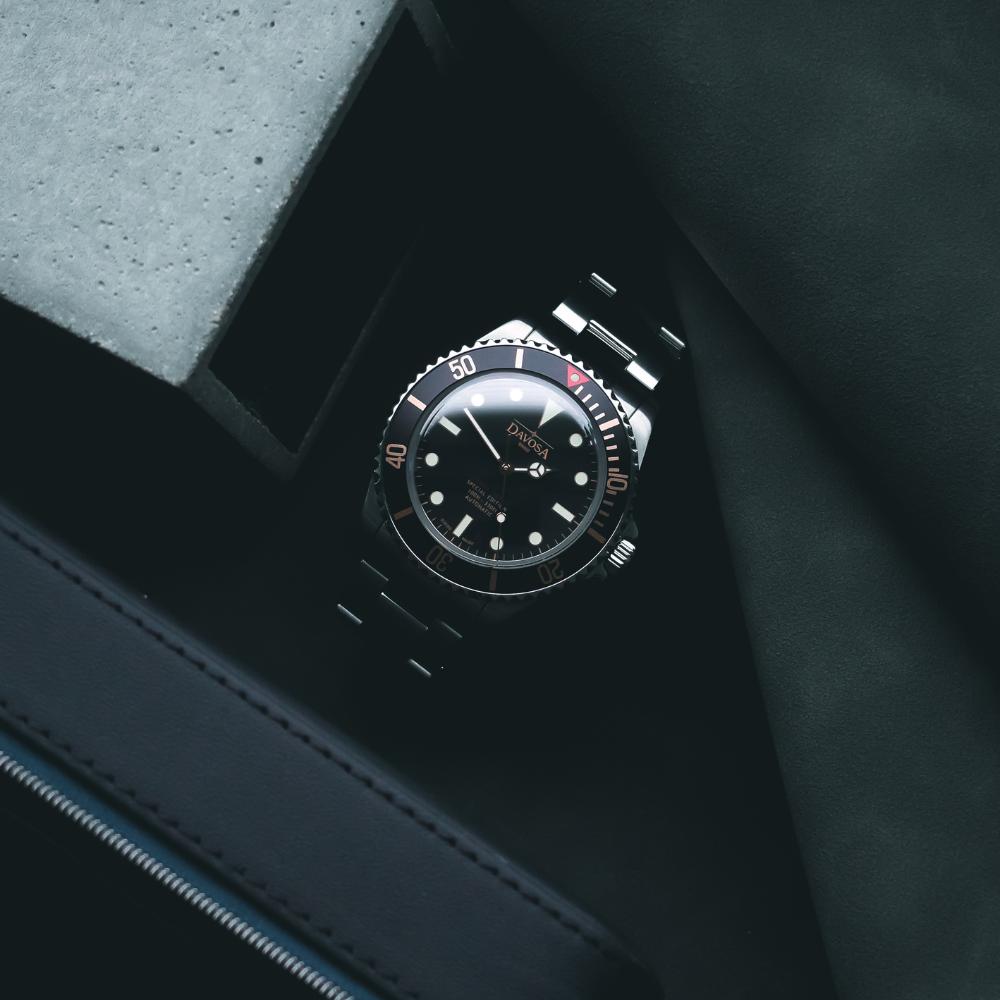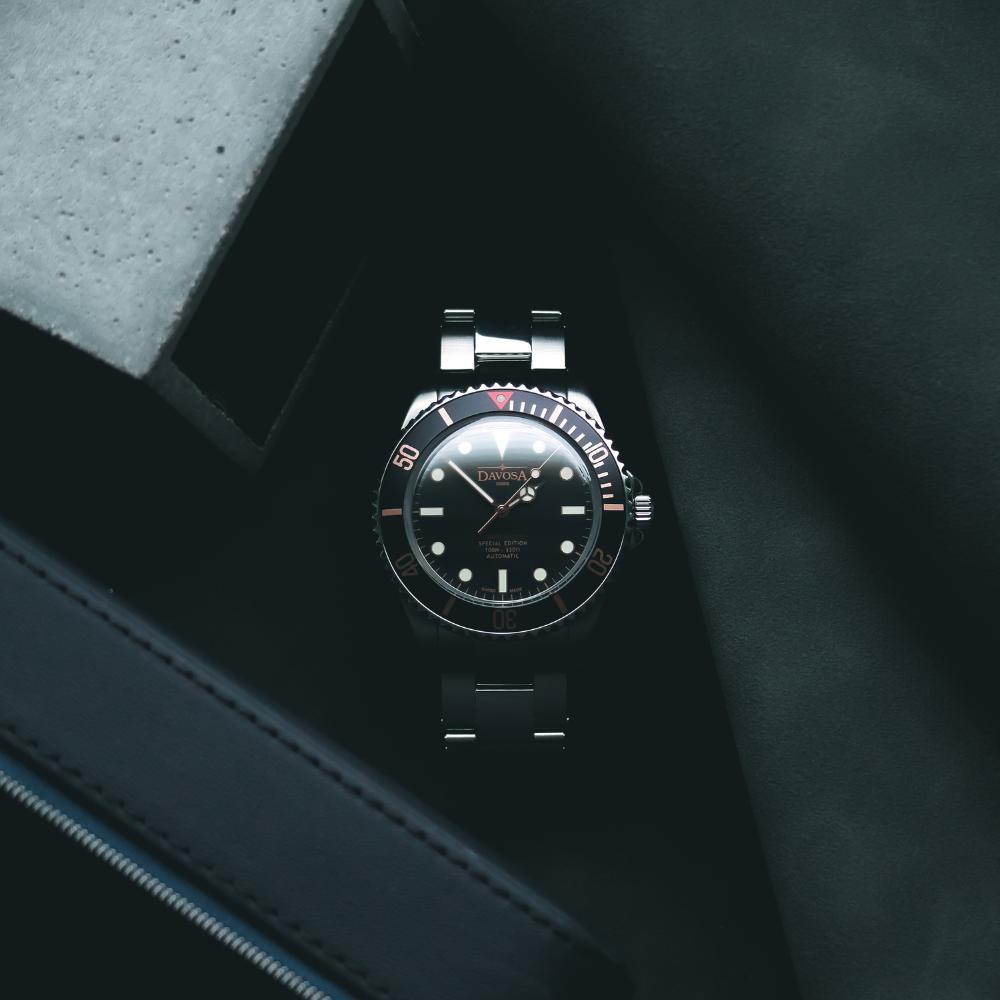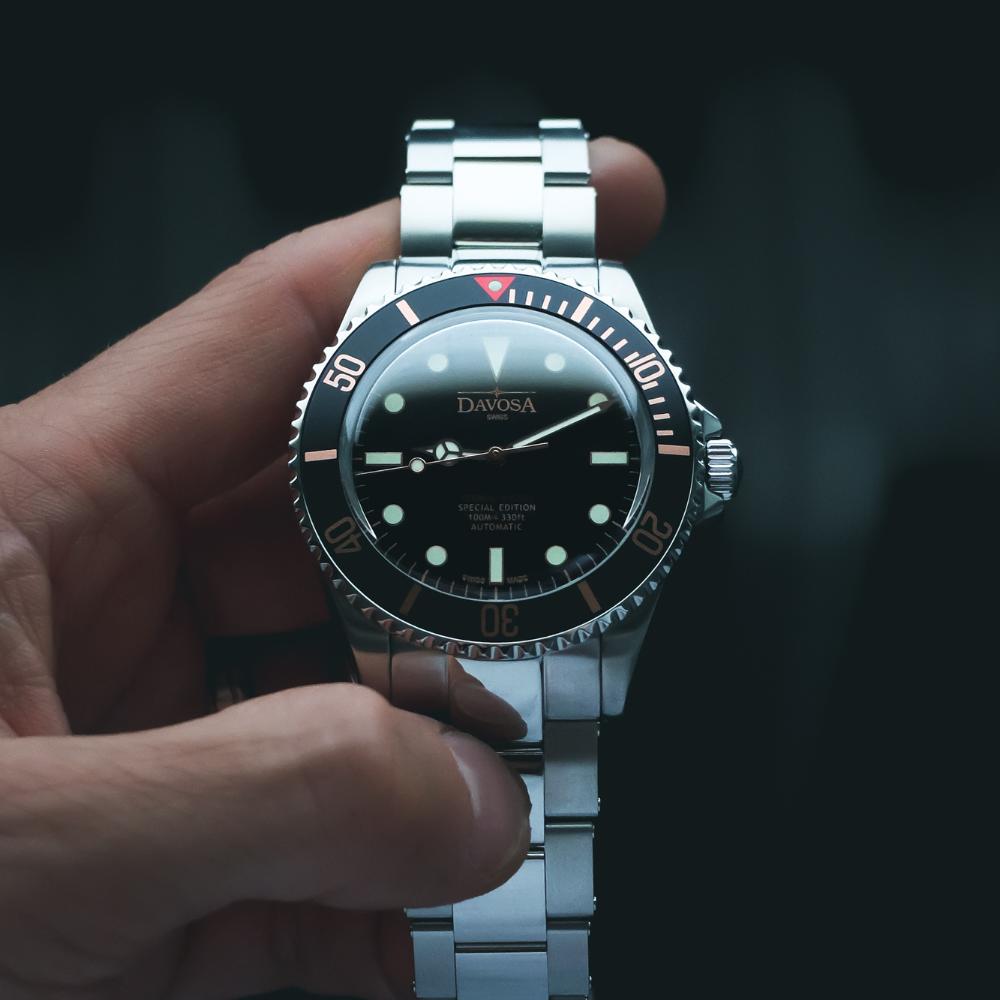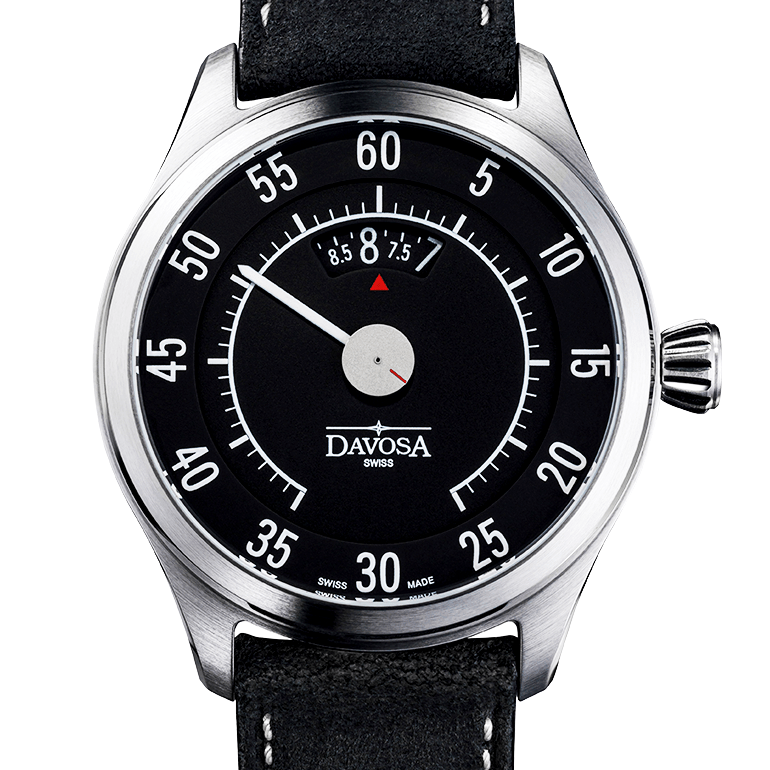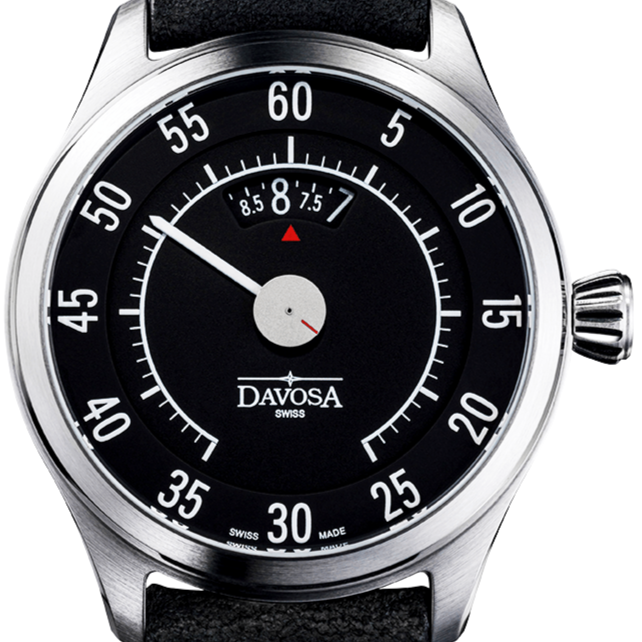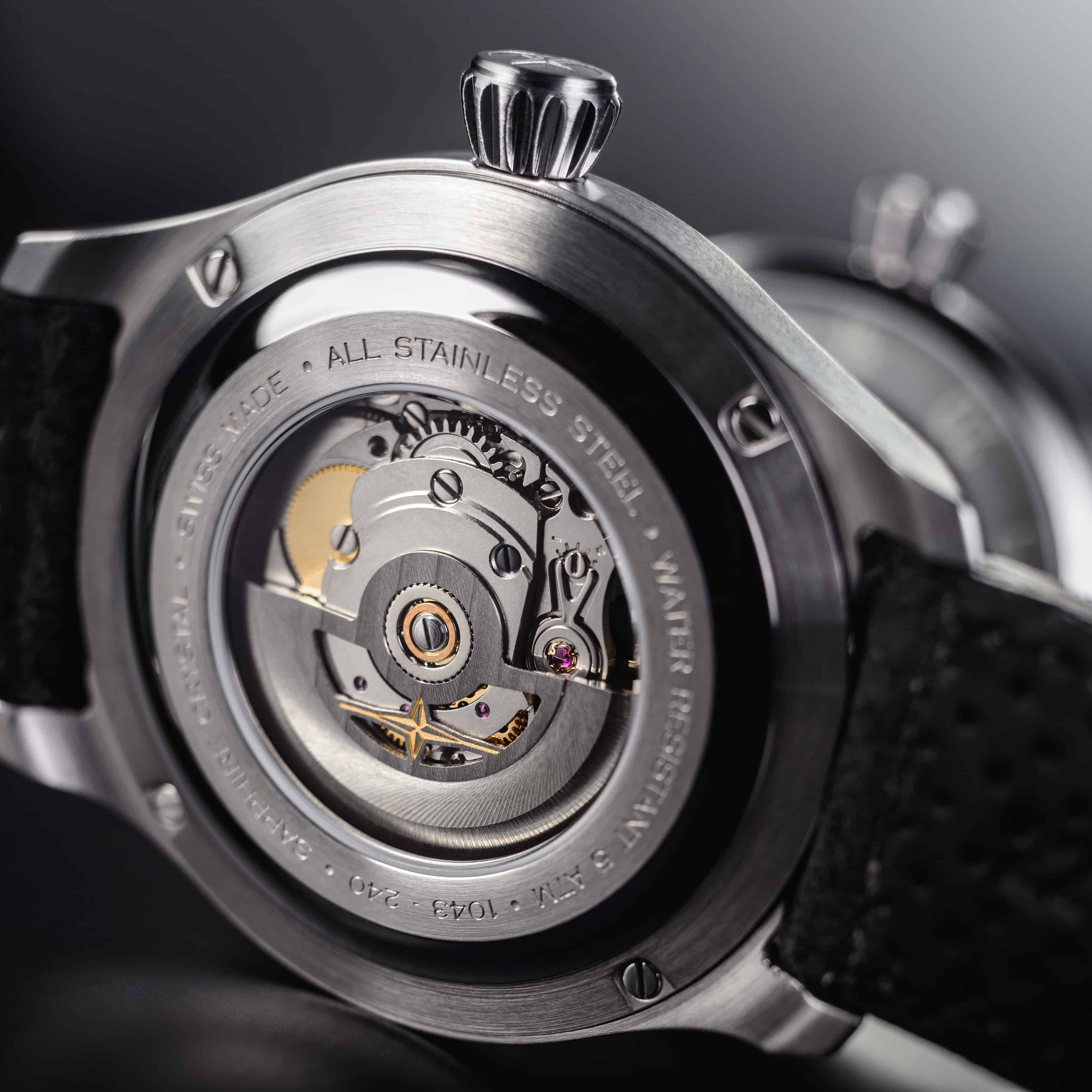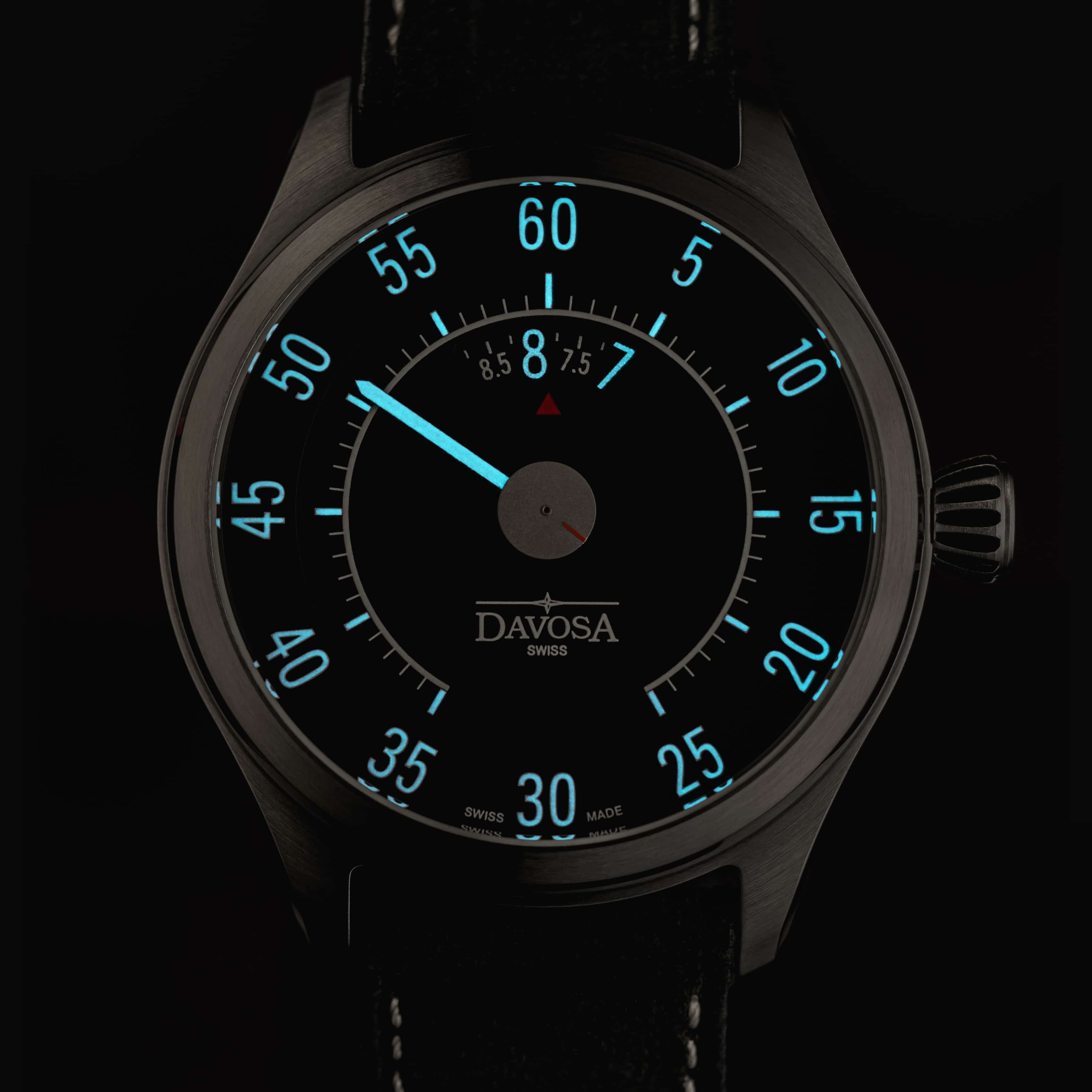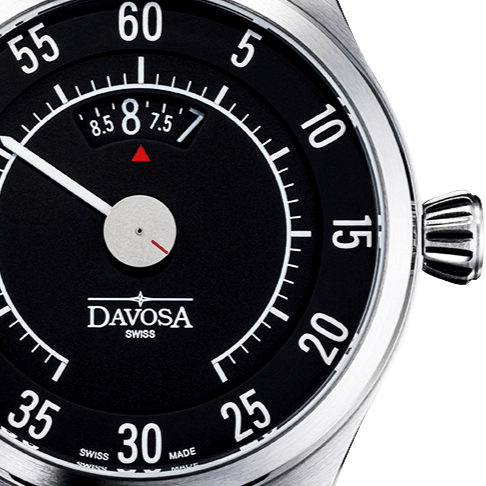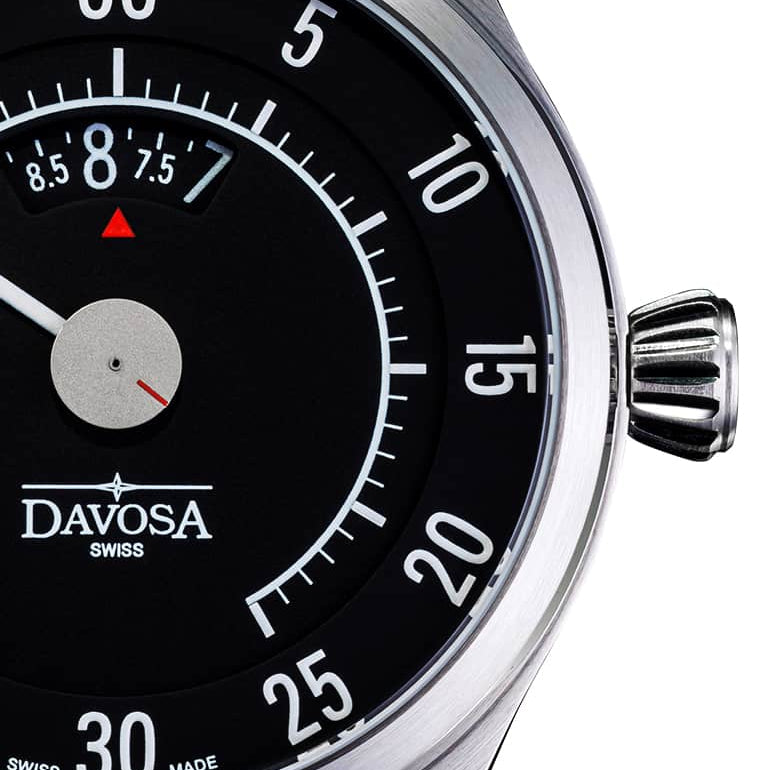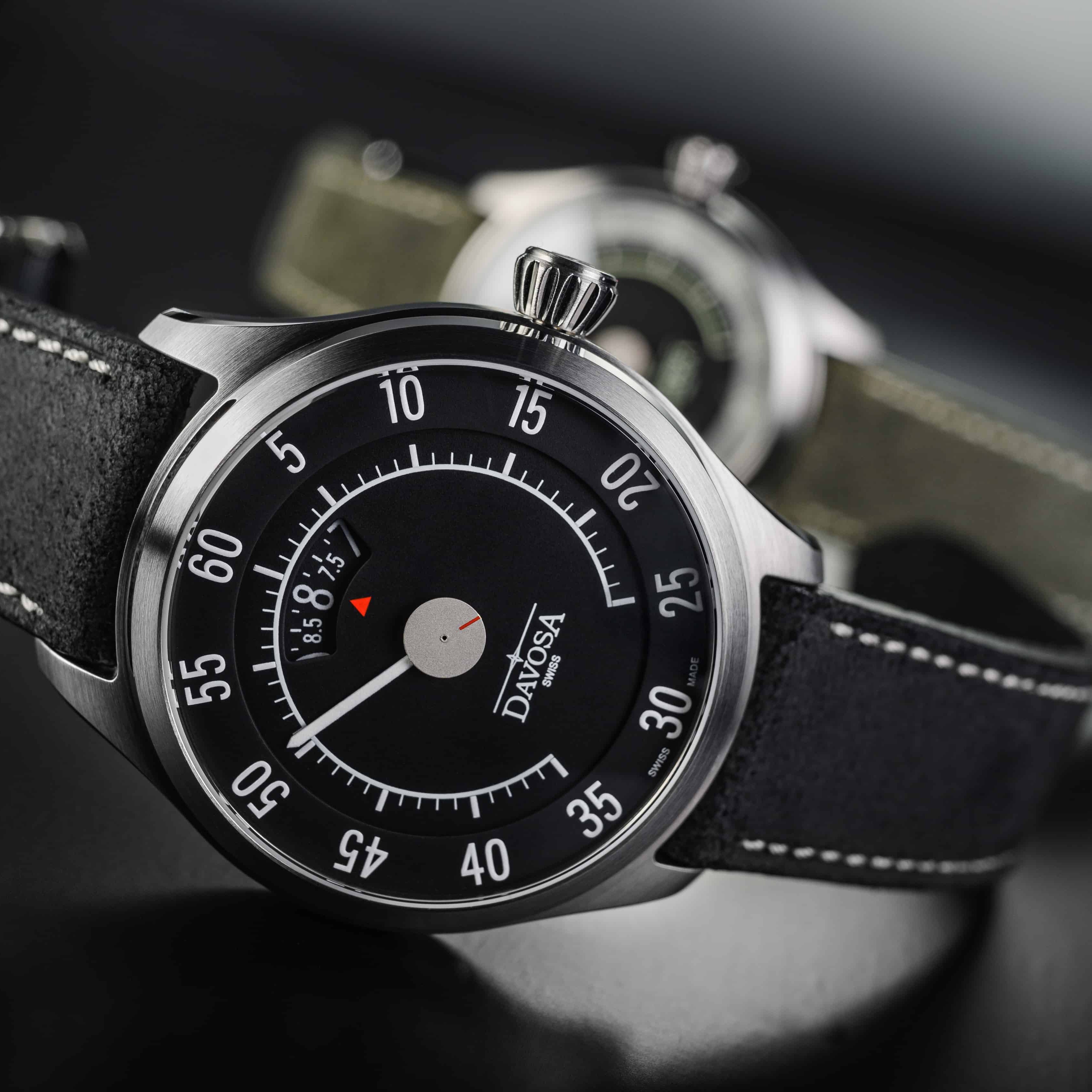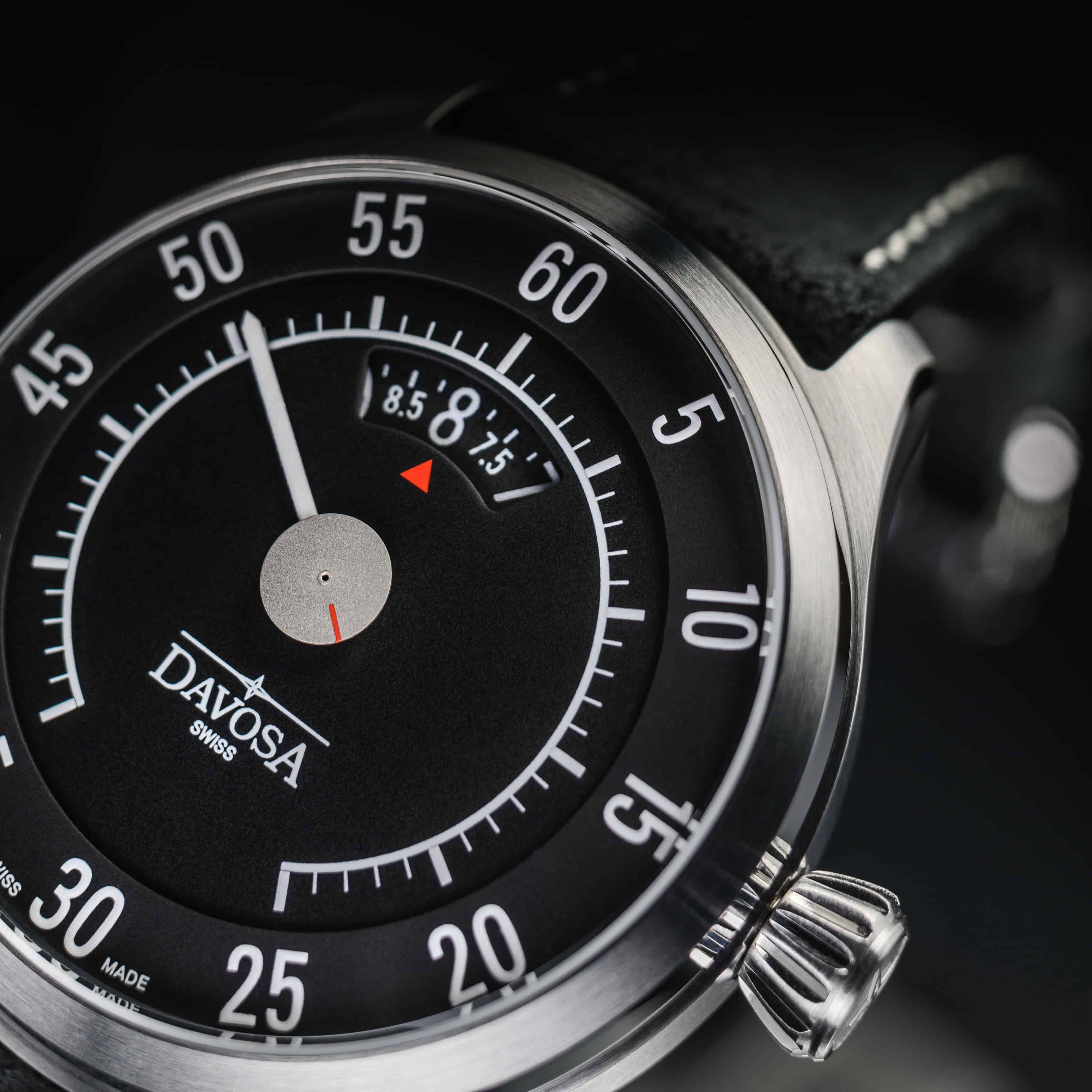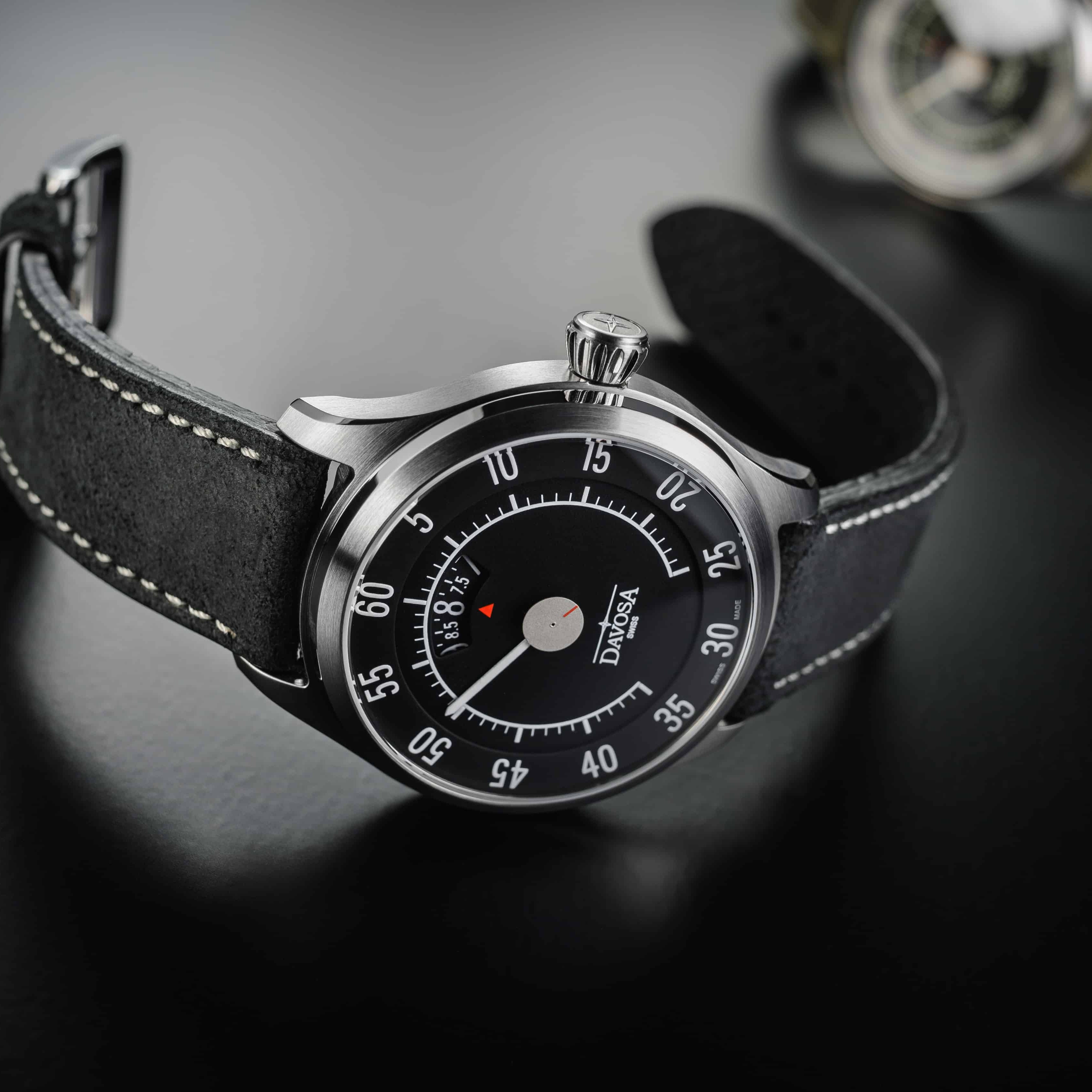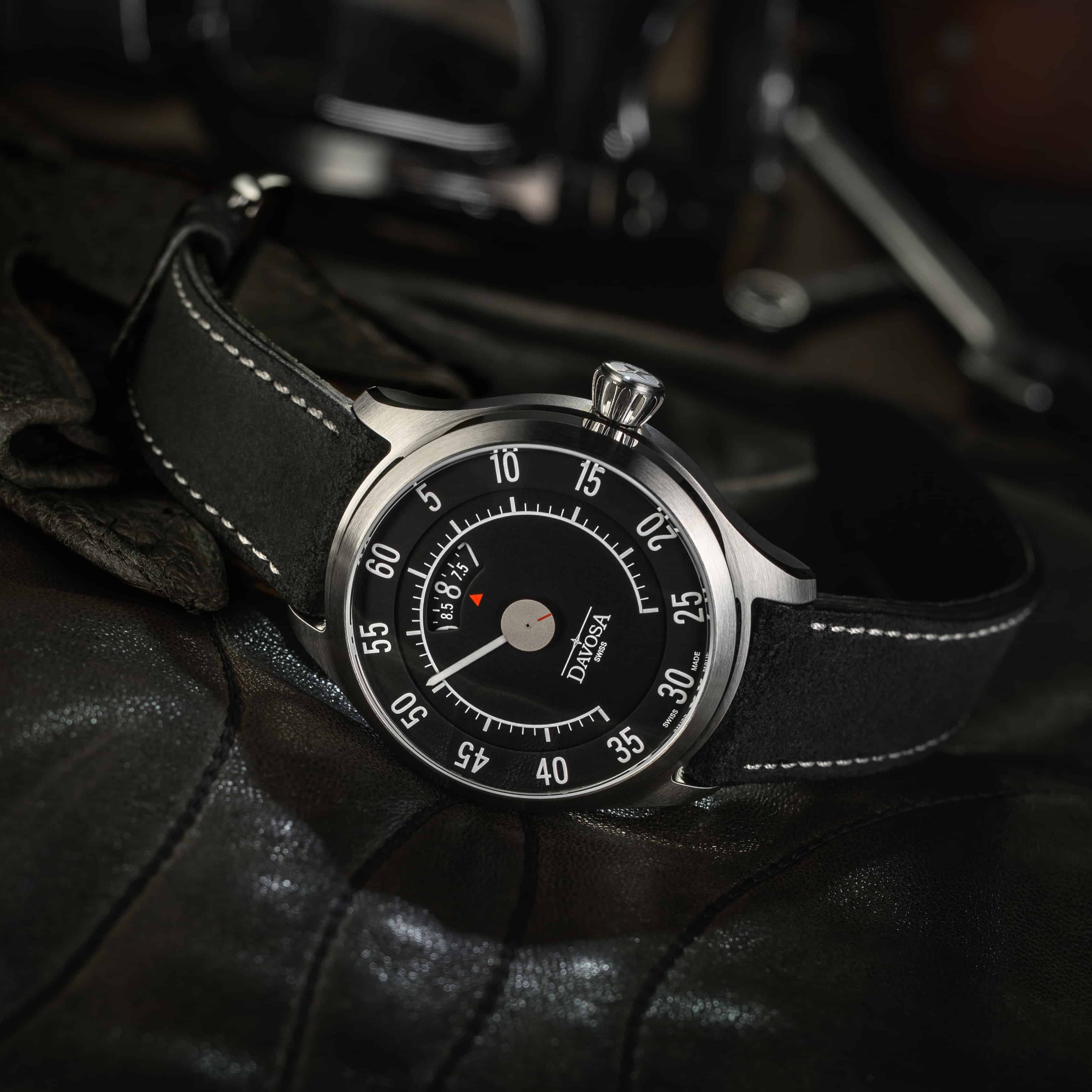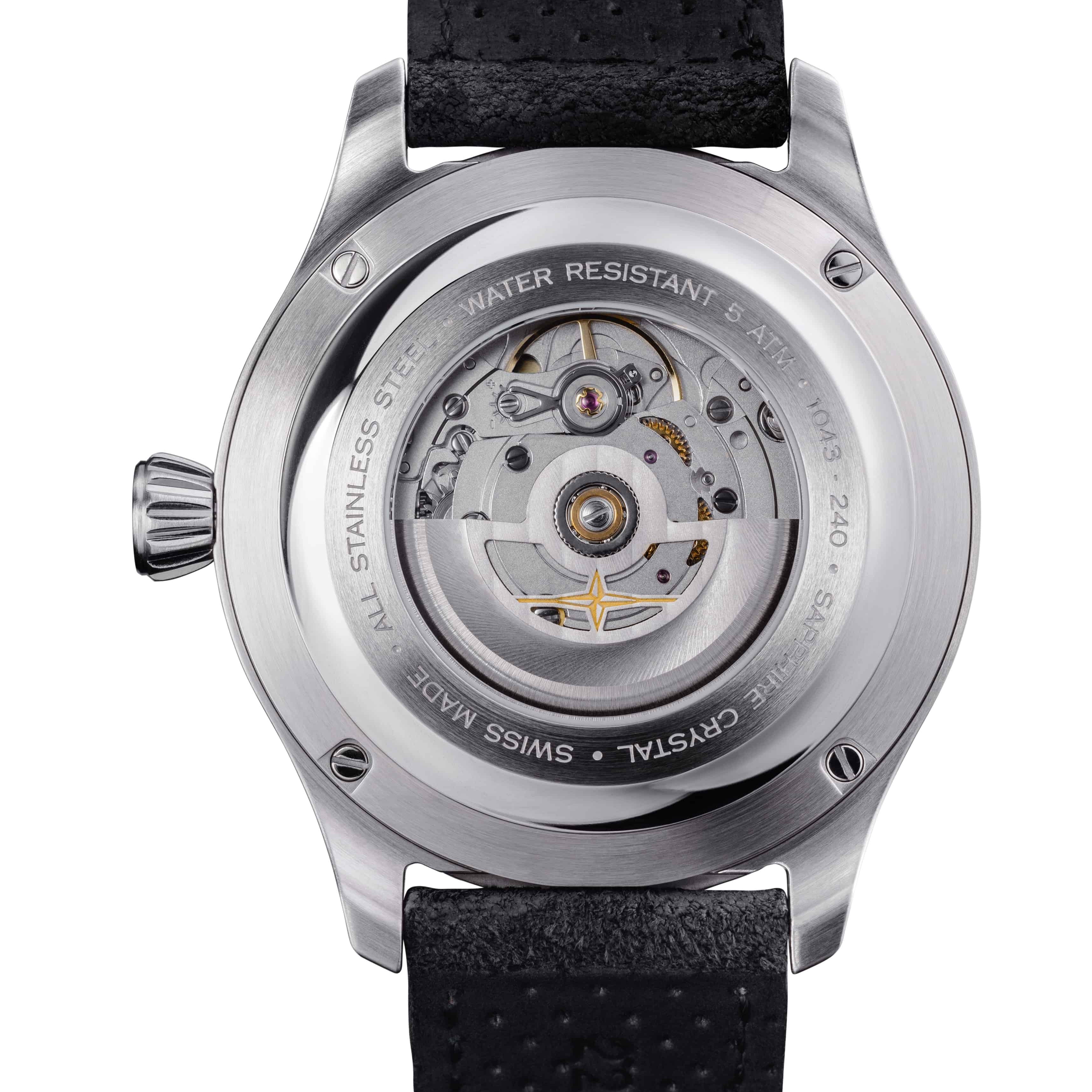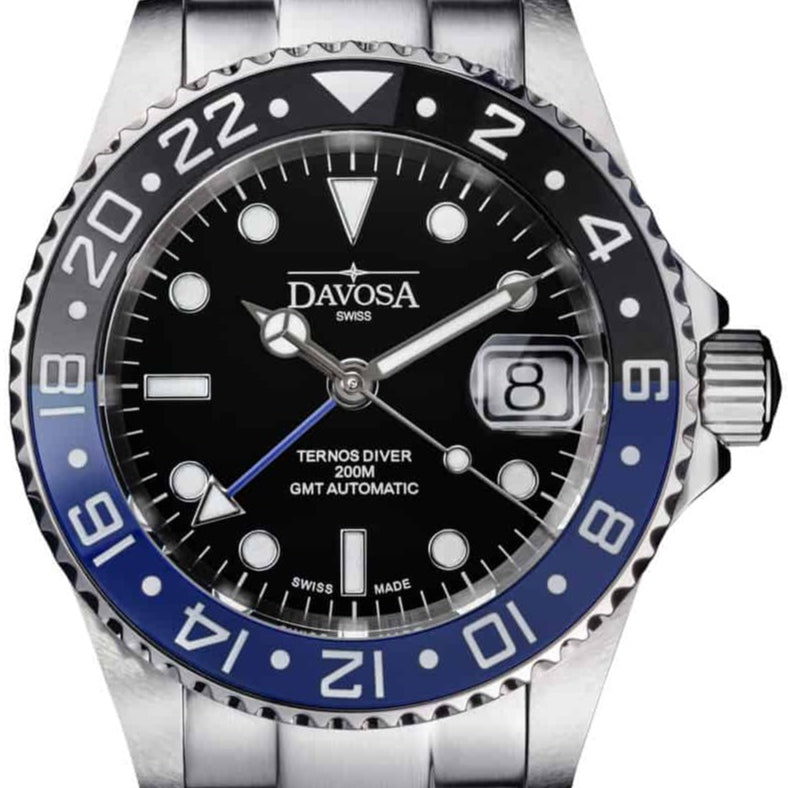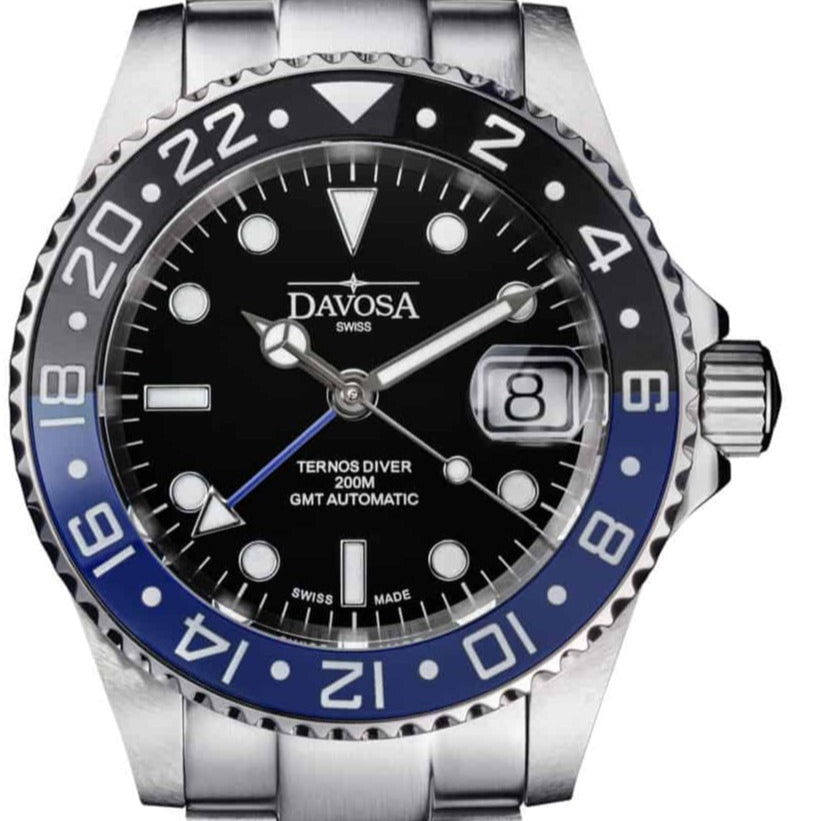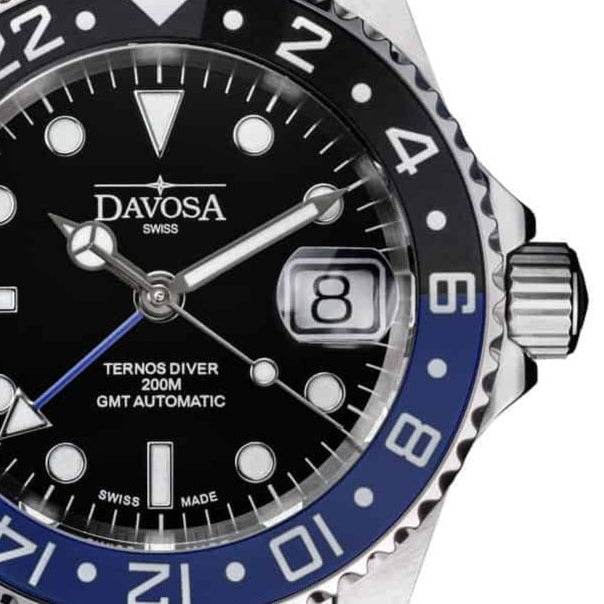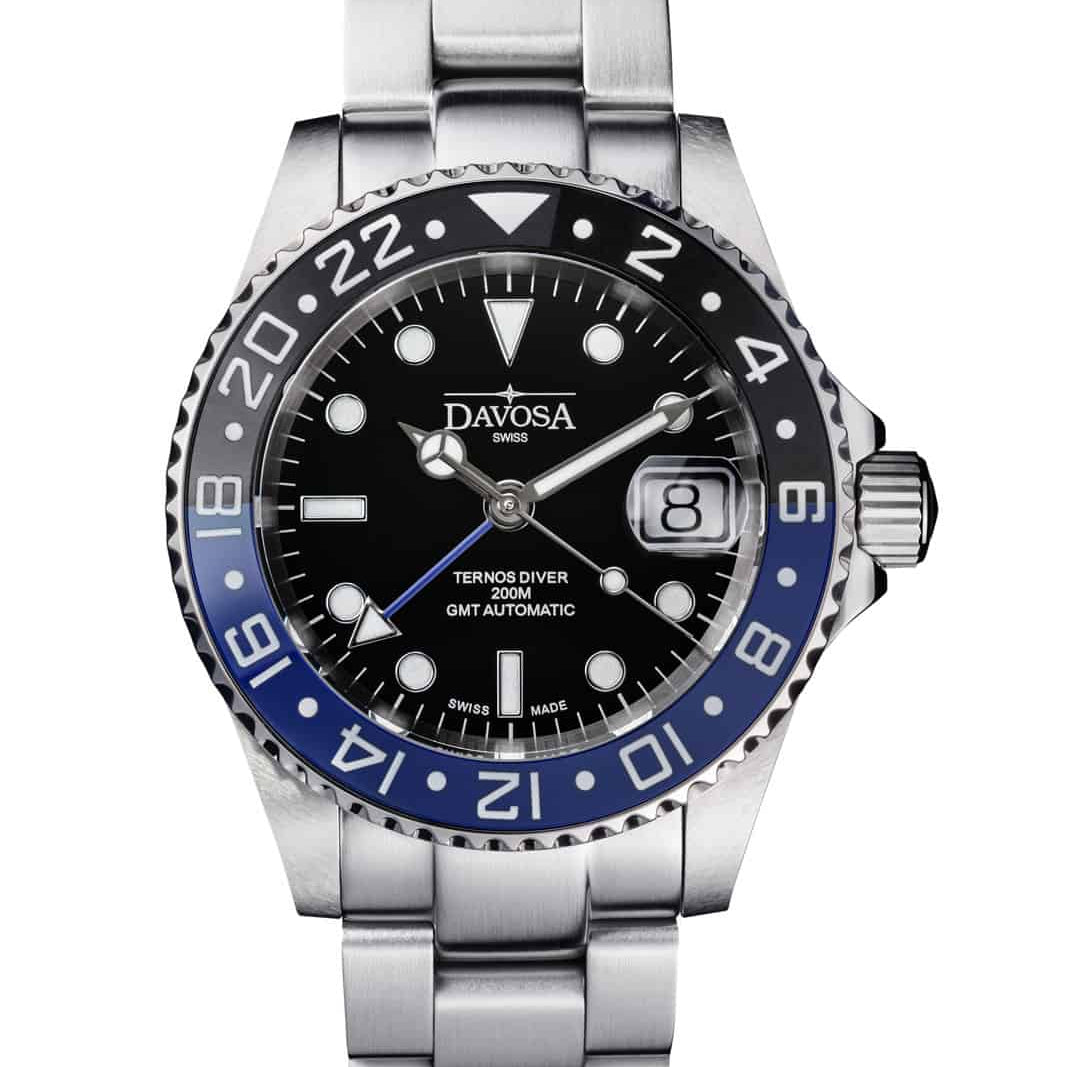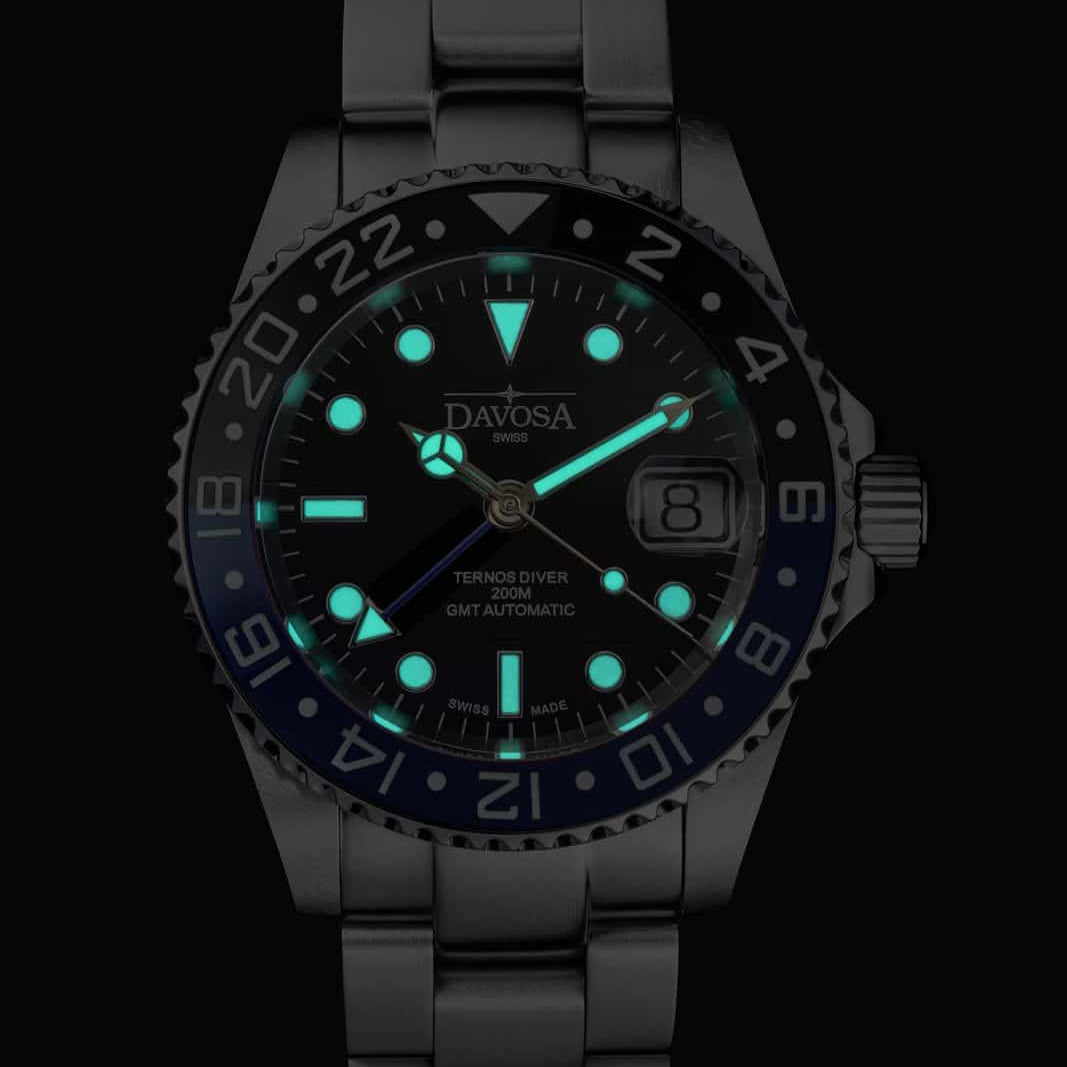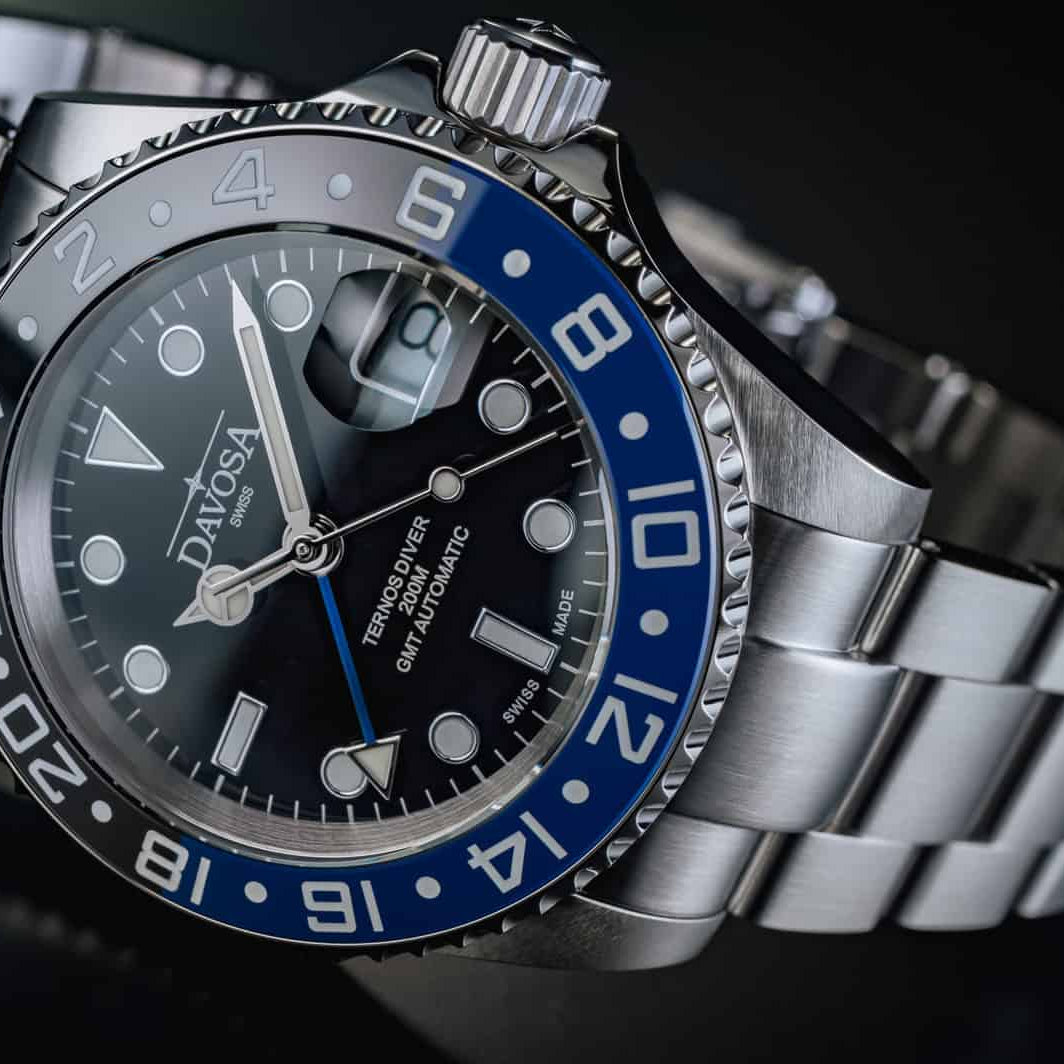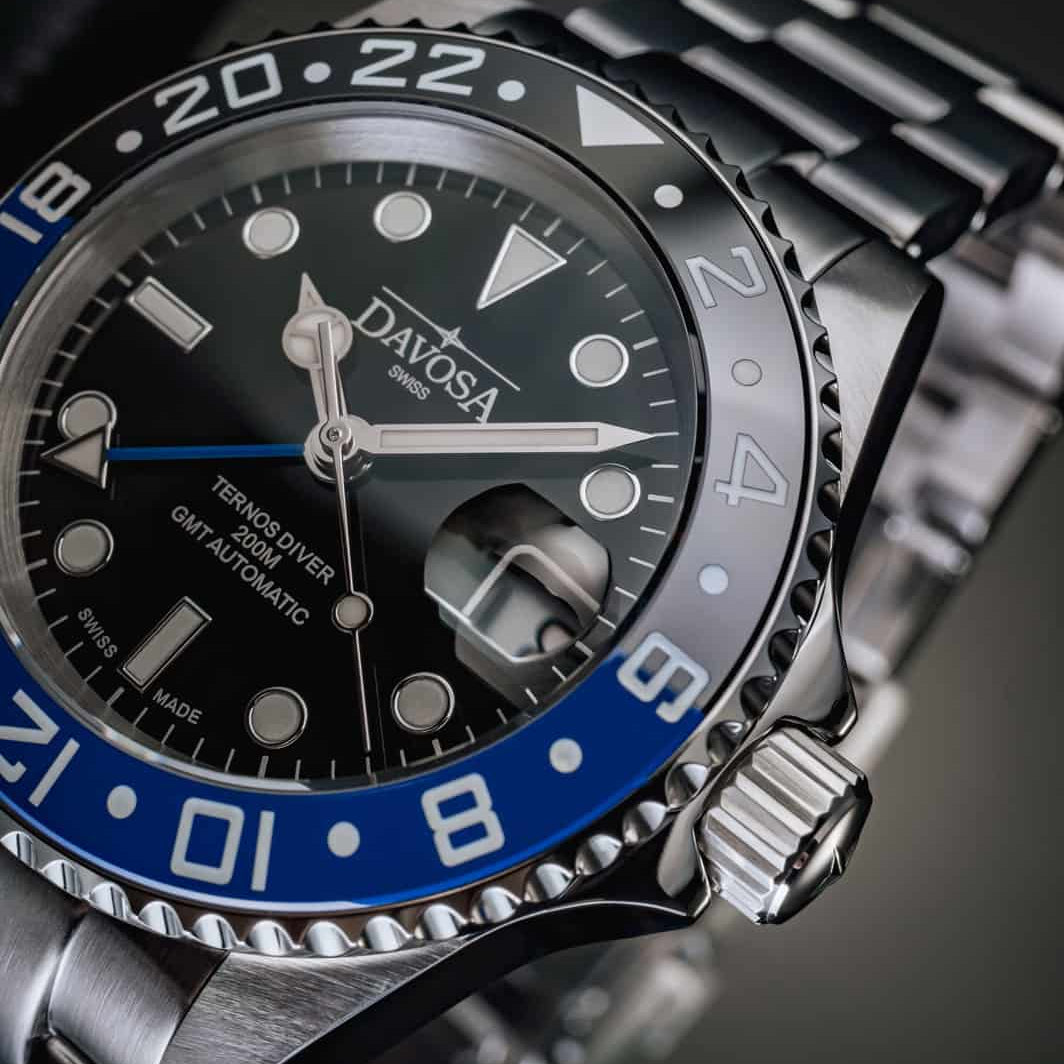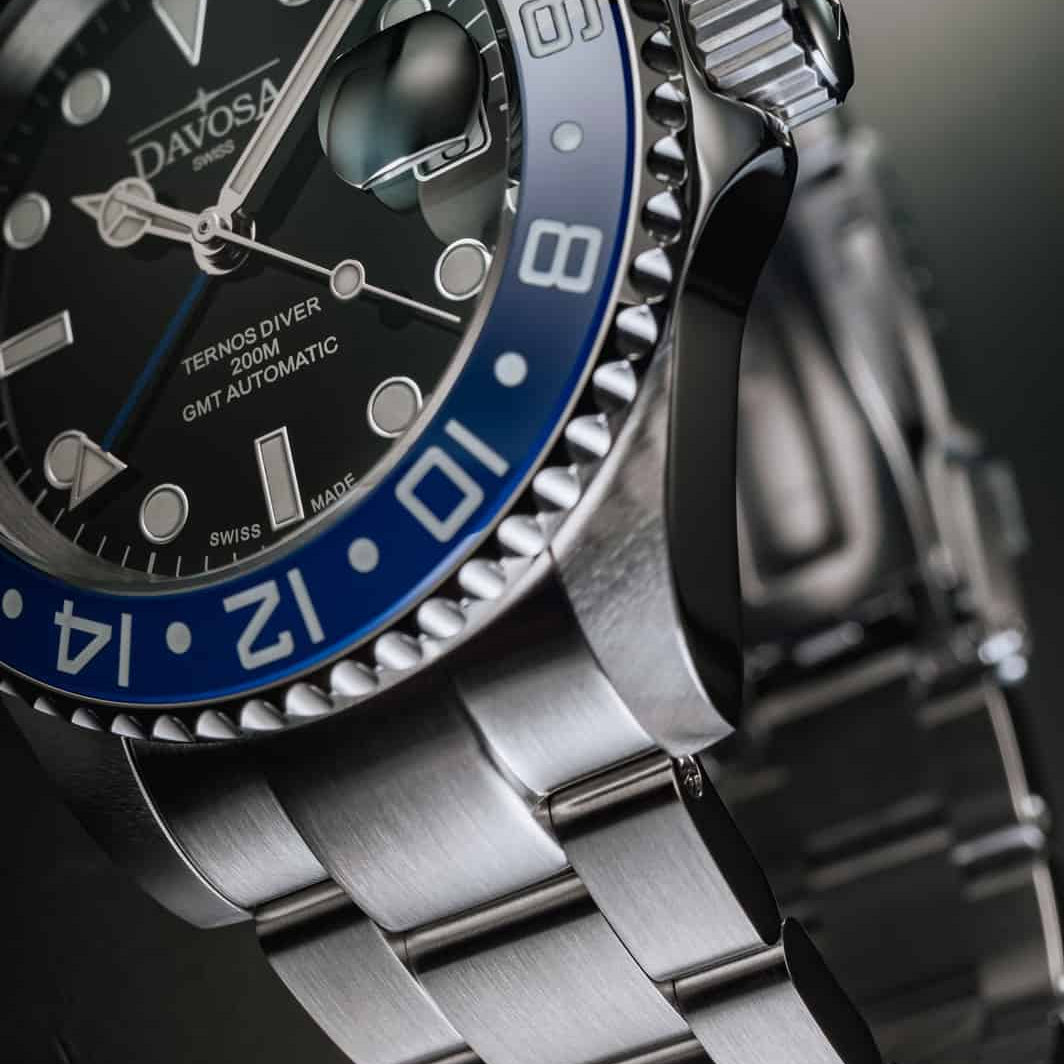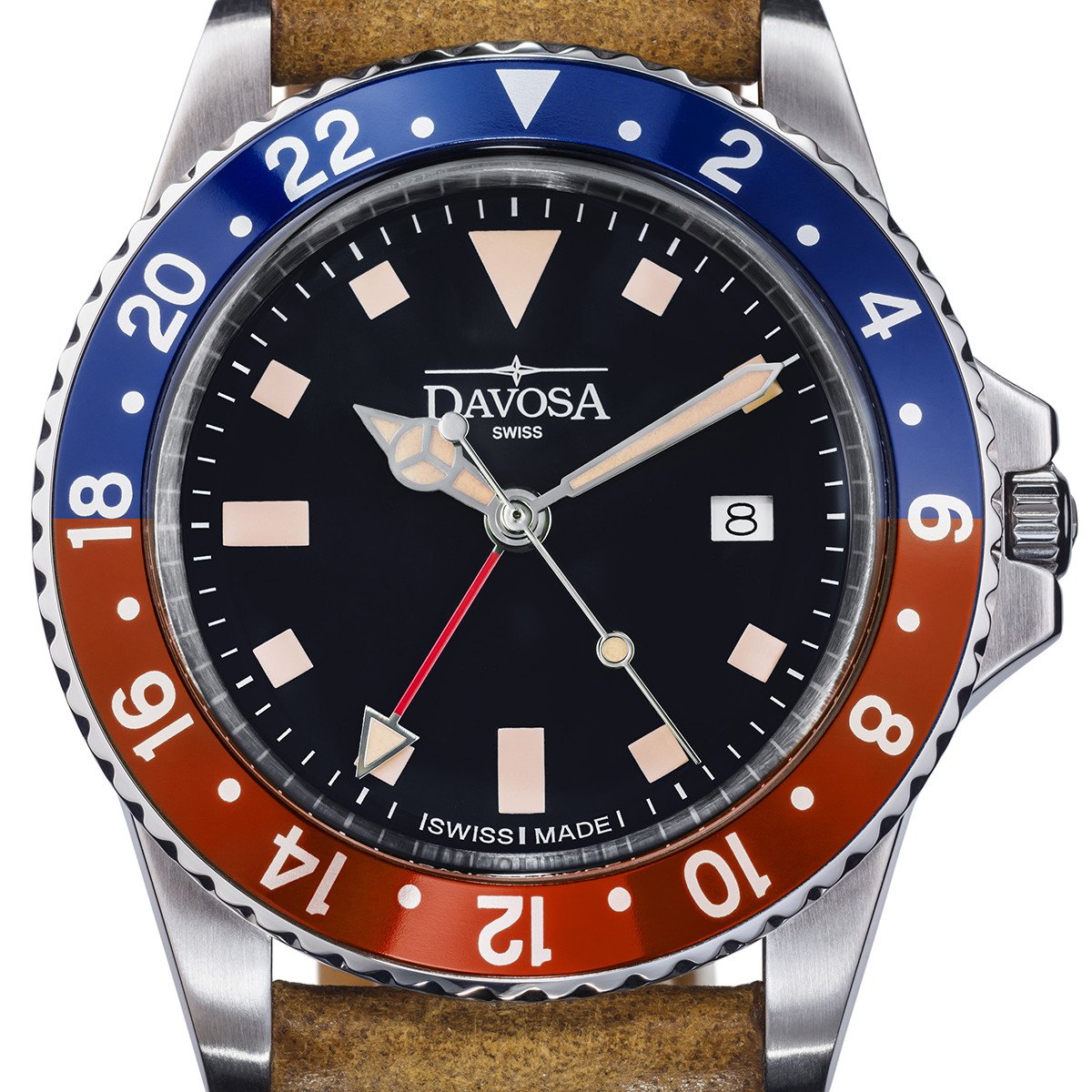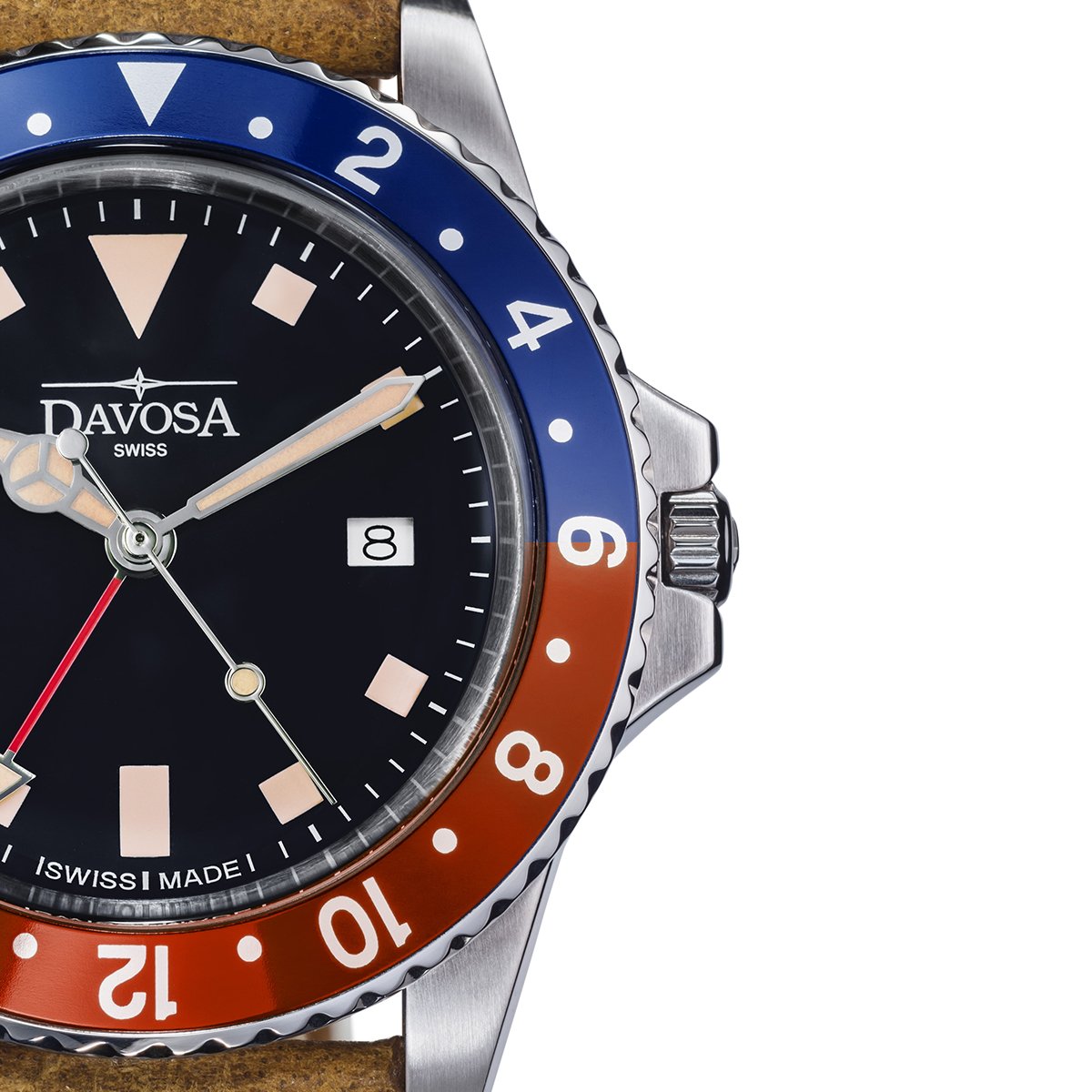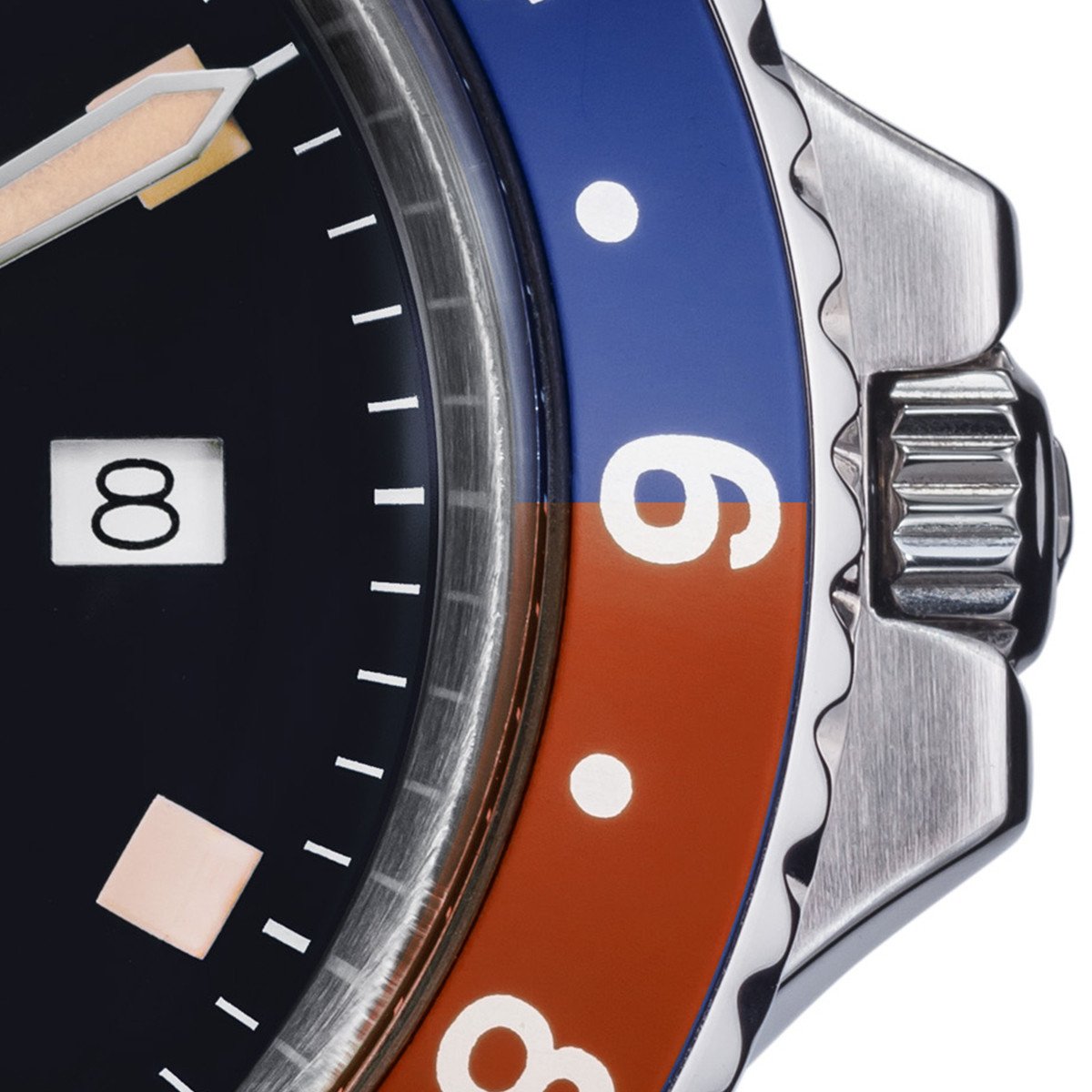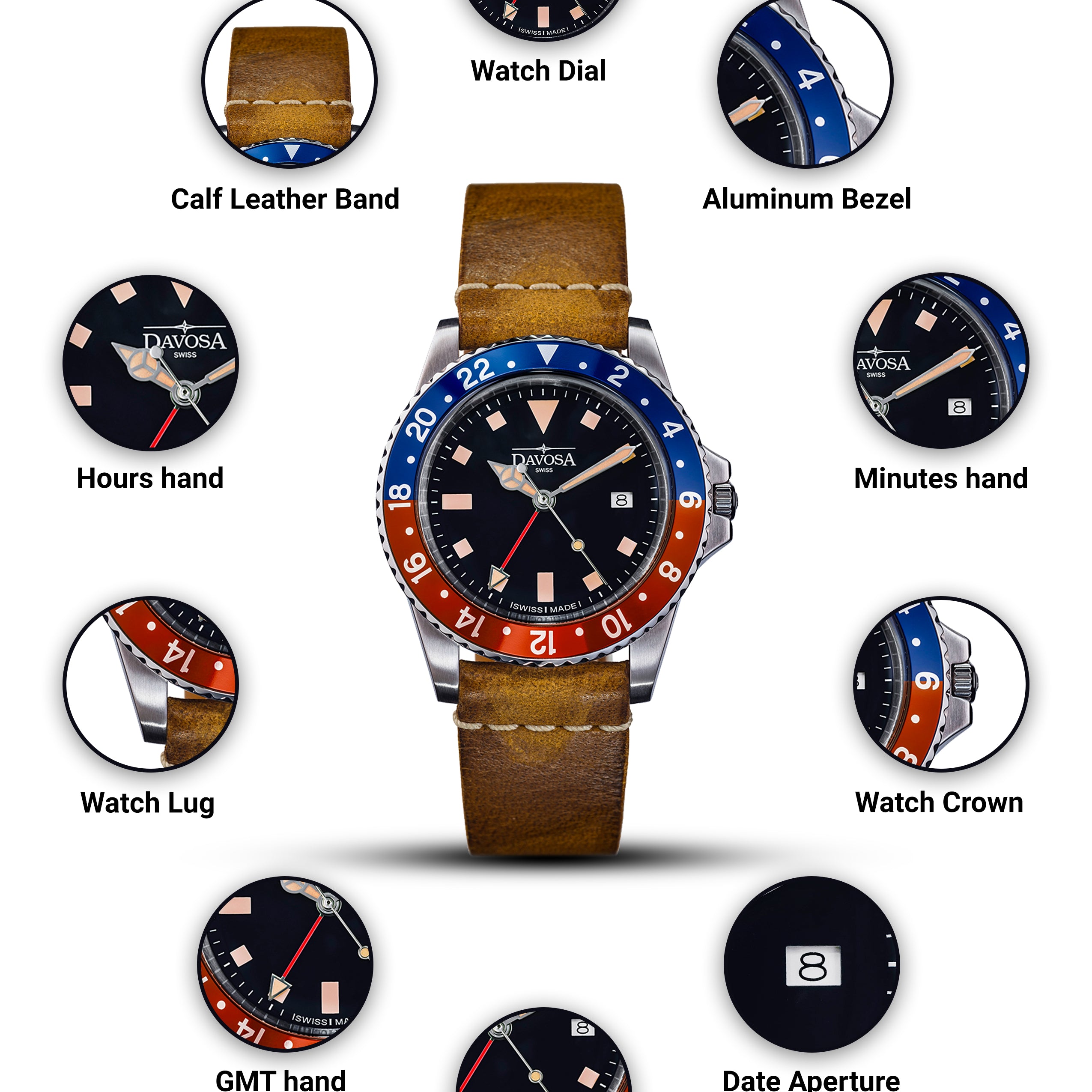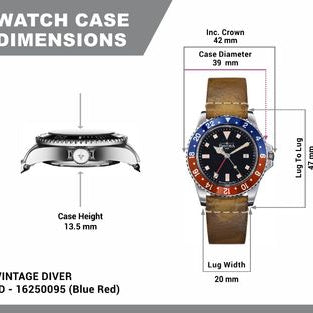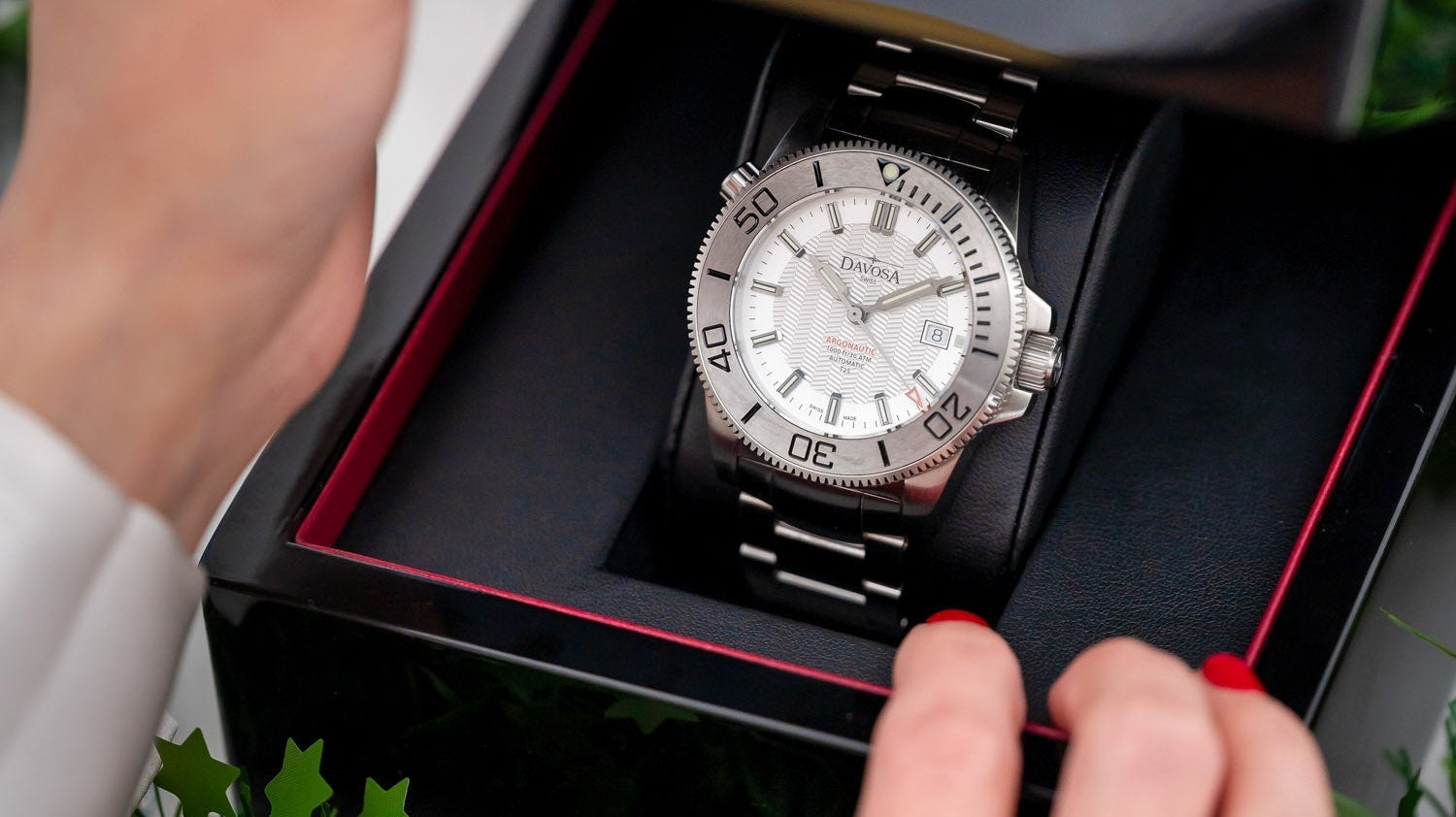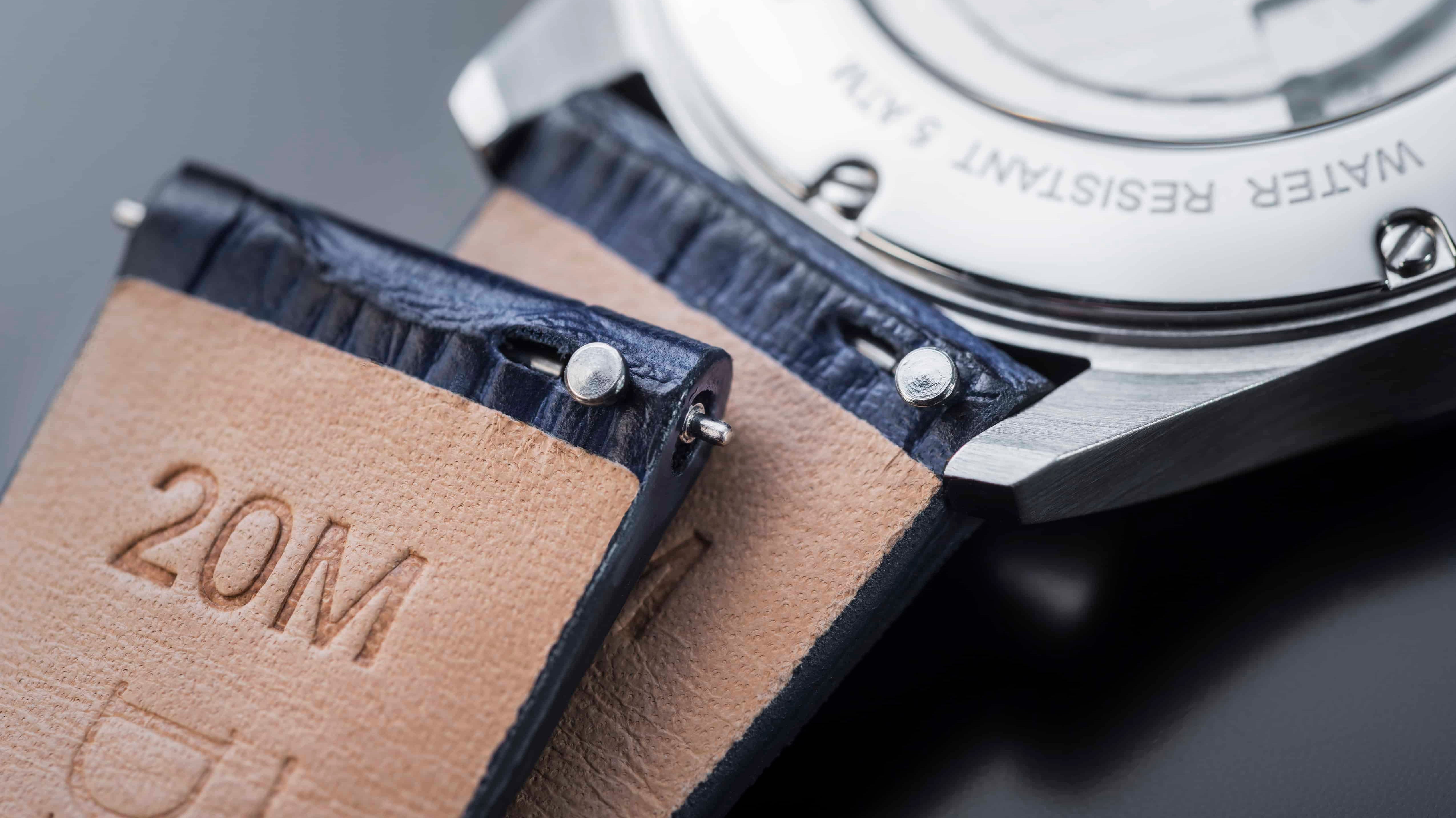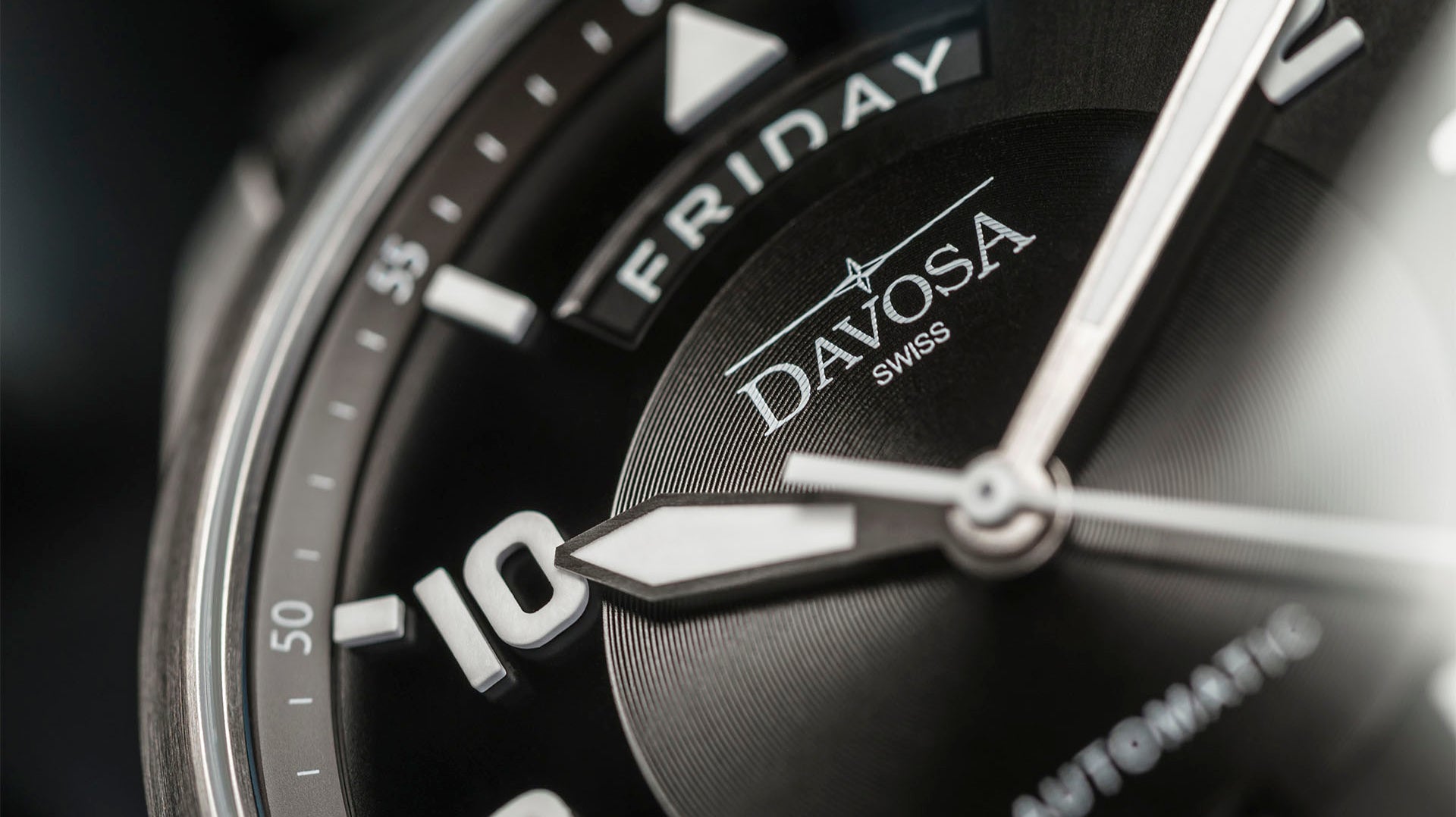Watches have always had a distinct aversion to magnetism precisely because this natural phenomenon seriously compromises the functioning of their mechanics. So, let's delve into the world of magnetism to find out how man has intervened to curb this phenomenon and how watchmakers have achieved this feat.
What does antimagnetic mean on a watch?
Sometimes, looking at old mechanical watches, we find that on the dial of some stands out this same inscription: antimagnetic. But what does it really mean? The most straightforward answer is that that watch is impervious to magnetic fields, or at least is more resistant than those that are not.
The issue of magnetism has plagued the performance of manual wind and automatic watches since their fundamental use in the past, which was to aid in calculating the ship's point. Watchmakers of the time had studied various expedients, starting with the help of nonferrous metals for mechanisms: the first experiments in this regard occurred in about 1850, employing materials such as palladium, and continued in the first years of the new century, with Tissot releasing its first antimagnetic watches after WWI. So although mechanical watches can get magnetized, watchmaking technology has made many steps forward since then!

Image from tissotwatches.com
Do you need an antimagnetic watch?
If you pay attention to the precision performance of your watch, you can't miss having a magnetism-resistant watch. The good news is that all timepieces on the market now are. Materials have made great strides, and the elements that equip modern watches are made to diminish the effects of magnetism substantially.
On the other hand, this problem exists when it comes to vintage watches. These timepieces are a bit more delicate precisely because their materials are less technologically advanced and therefore need some extra care.
What causes a watch to become magnetized?
Exposure to intense magnetic fields causes magnetization of the watch movement's ferrous elements, which tend to stick together, thus affecting mechanical precision. This is most evident in the hairspring. Its coils, which are thin and very close together, are quite a lot affected by magnetism, as they tend to stick together, affecting its performance.

A magnetized hairspring, with the coils sticking together - image from pocketwatchdatabase.com
Magnetic fields are caused by high-voltage electric current or appliances that use electromagnetic fields: among many, loudspeakers and cellular phones (which were famous for demagnetizing the magnetic stripes of credit cards), hair dryers, and even women's handbags (which often conceal magnets in their clasps). Fortunately, mechanical watches of today have almost permanently archived the problem precisely because of technical and material innovations.
Can antimagnetic watches be magnetized?
Of course, all machinery has its limits, and the antimagnetic characteristics of watches also have theirs. One of the most famous antimagnetic watches is the Rolex Milgauss, launched in 1956, whose name means "one thousand gauss," where gauss is the unit to measure magnetic fields. It was therefore designed to withstand 1,000 gauss.

The Rolex Milgauss - image from youtube.com
Today, certain watches such as the Omega Seamaster Aqua Terra withstand as much as 15,000 gauss - 15 times as much - and to which direct exposure to a magnet generating a magnetic field of 5,000 gauss does nothing. To give you an idea, they are designed to withstand the magnetic field emitted by a magnetic resonance imaging system (MRI).
Thus, even the best antimagnetic manual winding or automatic watches accuracy can be affected by magnetic fields such that the watch is magnetized afterward. It depends, of course, on the intensity of the exposure.
How do you tell if your watch has been magnetized?
There are several signs that a watch has been magnetized: generally, the watch runs fast and shows different timekeeping at other times of the day. So, if you are wondering why does my automatic watch run fast, magnetism could be the explanation.
The ultimate test to determine this is to put the watch next to a manual compass. If the compass needle moves toward the timepiece, it means the watch has been magnetized.
But reassure yourself: if you wonder if do magnets ruin watches, the answer is that removing magnetism from a timepiece is not that complicated. You can do it at any watch shop and even at home, thanks to a small electrical device sold for a few dollars (which, by the way, will also help you demagnetize your screwdrivers).
What is the best method to demagnetize a watch?
As we have said, the automatic watch maintenance when demagnetizing a watch is quite simple and is not destructive to its performance. Any watchmaker can do it in a few minutes and at a negligible cost - a few dollars. But if you are wondering if you can demagnetize a watch at home, the answer is yes. There are devices on the market that do just that.

A simple demagnetizer - image from walmart.com
Such a demagnetizer is very simple to operate:
- Plug it into the mains.
- Lay the watch on its surface.
- Press the operation button, holding it down for a few seconds.
Repeating the operation a couple of times ensures that the clock is completely demagnetized. The watch doesn't even need to be stationary - it works perfectly even on working timepieces. And it is extremely affordable (a couple tens).
How do I keep my watch from being magnetized?
Electromagnetic fields deeply affect our world, so it is always quite difficult to protect our watches, especially older watches such as vintage watches, which are most affected by this problem.
Keeping watches away from electromagnetic fields is the first rule: fortunately, the effect of magnetic waves is not proportional to their distance but logarithmic since the intensity doubles each time distance is halved. This means that, in practice, only direct contact with the magnetic source typically causes magnetization. And in any case, the field generated is often so low that the watch still resists the effects of exposure.
Are quartz watches antimagnetic?
Quartz watches, by their nature, are more resistant than mechanical watches to magnetic fields. The main reason is that in these, there is no hairspring, the element that is most susceptible to magnetism. However, analog watches with quartz movement (that is, equipped with hands to tell the time) also contain parts made in iron-based materials, so they, too, can be subject to magnetism.

The tiny rotor of a quartz movement - image from watchrepairtalk.com
These watches contain tiny rotors that advance the hands through the action of a magnetic field, so an amount of magnetism could affect their movement. Therefore, even for quartz watches, the intervention of a demagnetizer may be helpful.
Will a magnet affect a watch battery?
Typically, a magnetic field will not affect how long a watch battery lasts because the materials used inside are non-magnetic. A different matter, however, for the capsule containing them: if it is made of iron-containing material, this can be magnetized and affect the watch's performance.
Therefore, passing on a demagnetizer can be helpful in solving this kind of problem.
Are IWC watches Antimagnetic?
The famous IWC had developed a watch model, called the Ingenieur, that withstood extremely high magnetic fields due to its design features. The IWC Ingenieur, like all professional antimagnetic timepieces, has the movement enclosed by a soft iron cage that acts as a Faraday cage.

IWC Ingenieur - image from iwc.com
But the House of Schaffhausen was not the only one to come up with a particular watch like this: many other companies, such as Omega, Rolex, Jaeger LeCoultre, and Eberhard, have developed fascinating antimagnetic watches throughout their history, which are still highly sought after by enthusiasts today.
Main Takeaways
Magnetism, fortunately, has little effect on modern watches but learning to recognize its effects and how to eliminate them is helpful for any watch enthusiast. The accuracy of our timepieces, precise and sensitive little mechanical worlds that demand our attention, and amaze us every day with their complexity, depends on it.
__________________________
Top image from thoughtco.com

